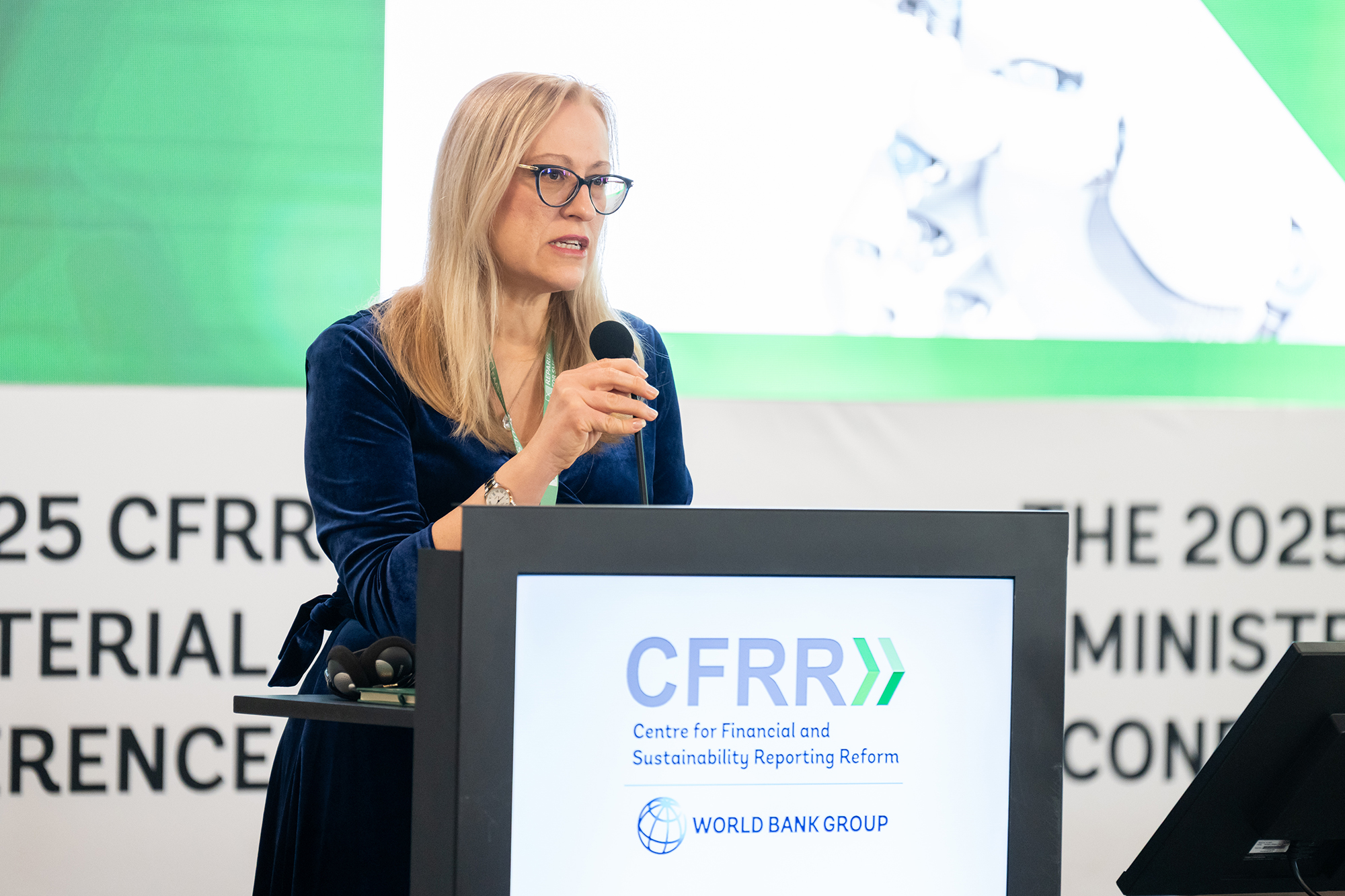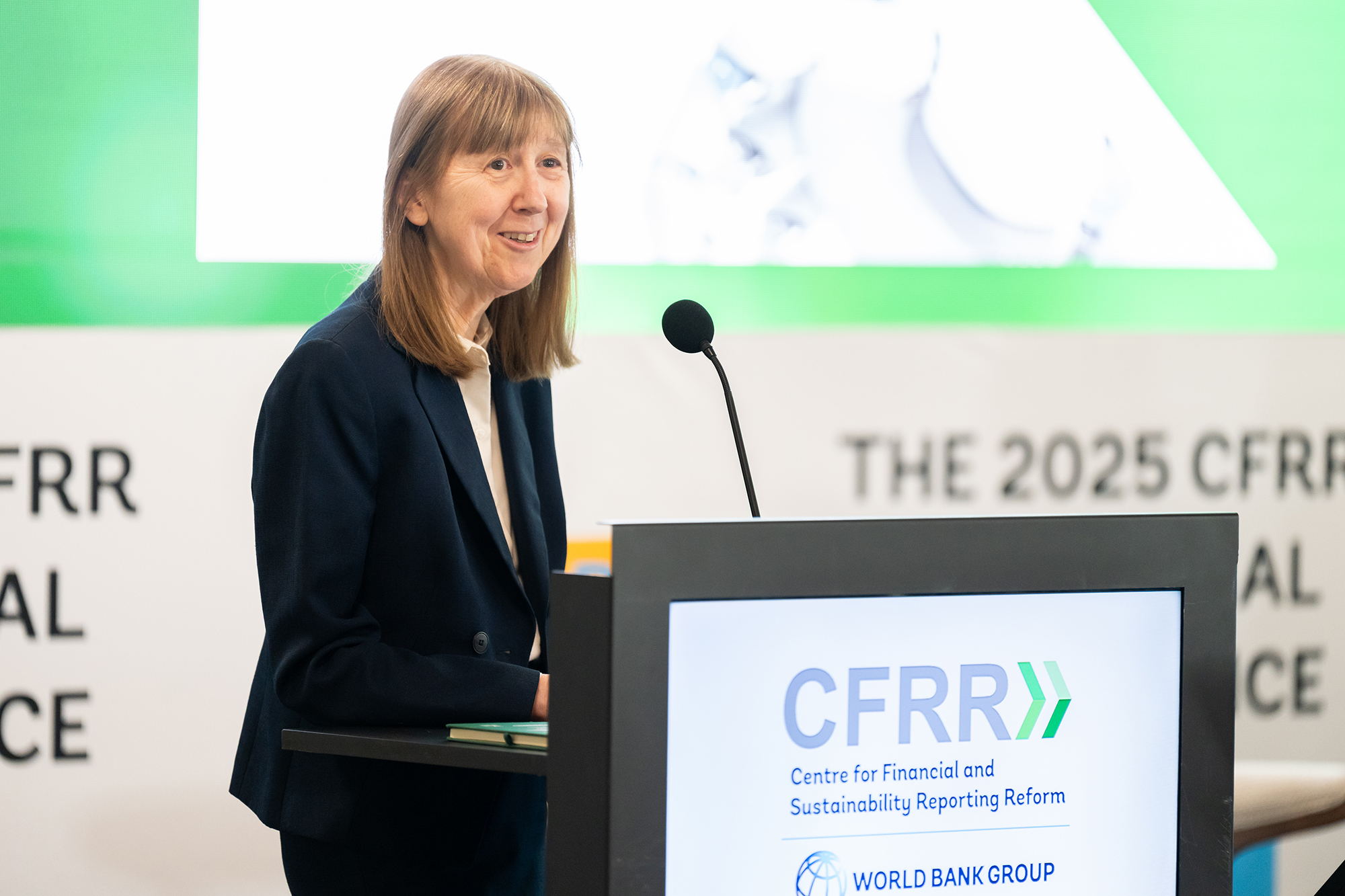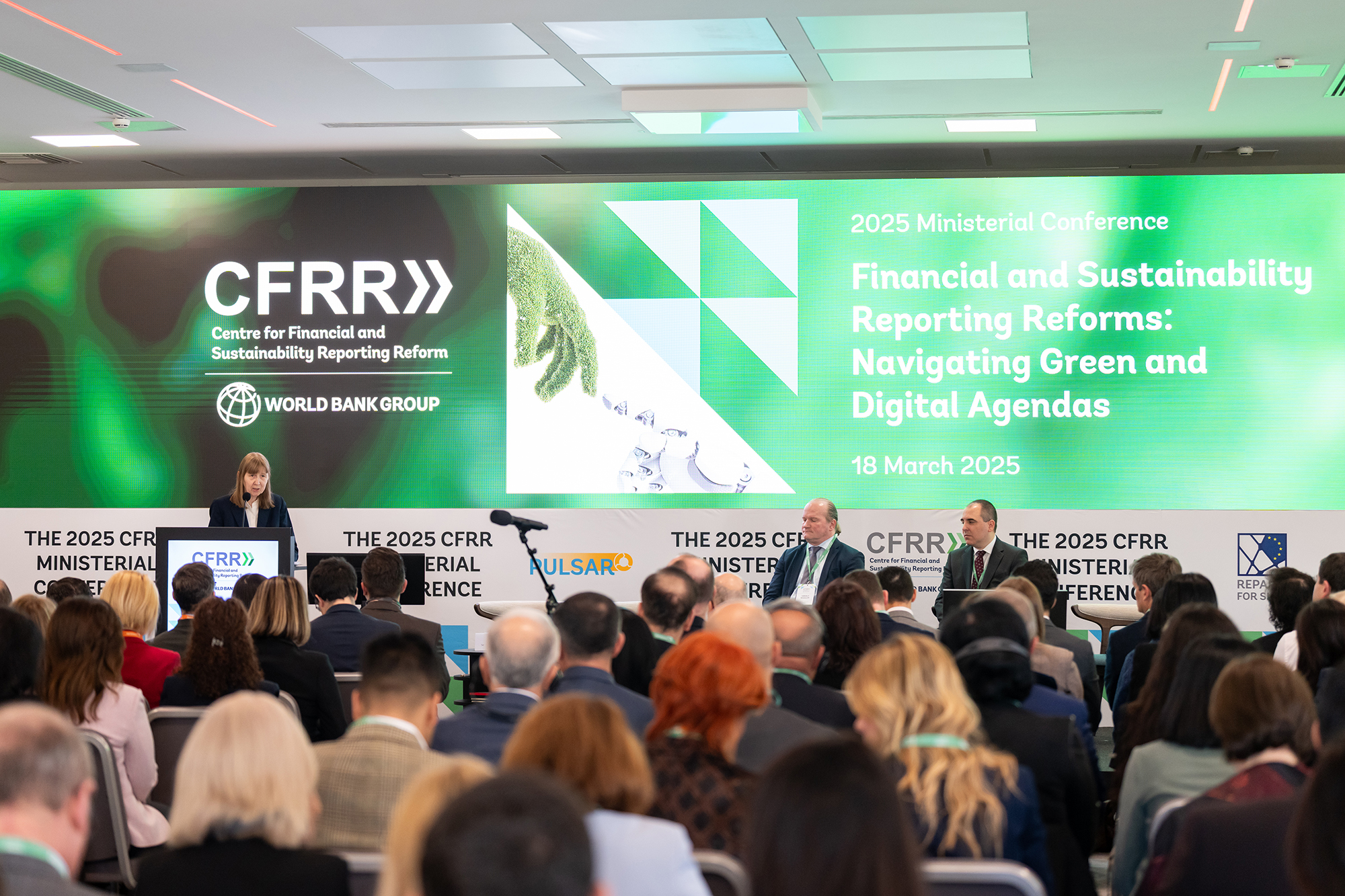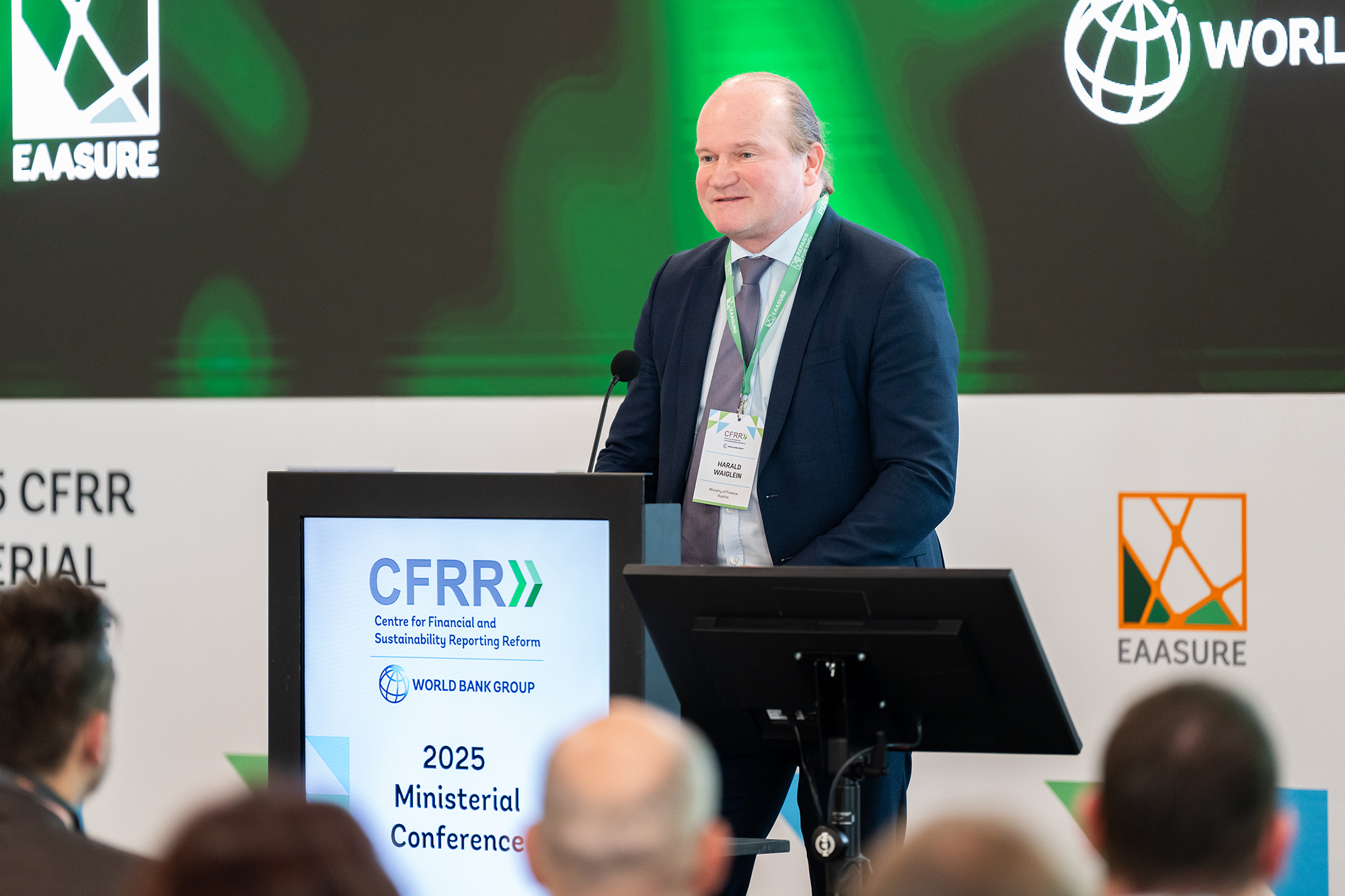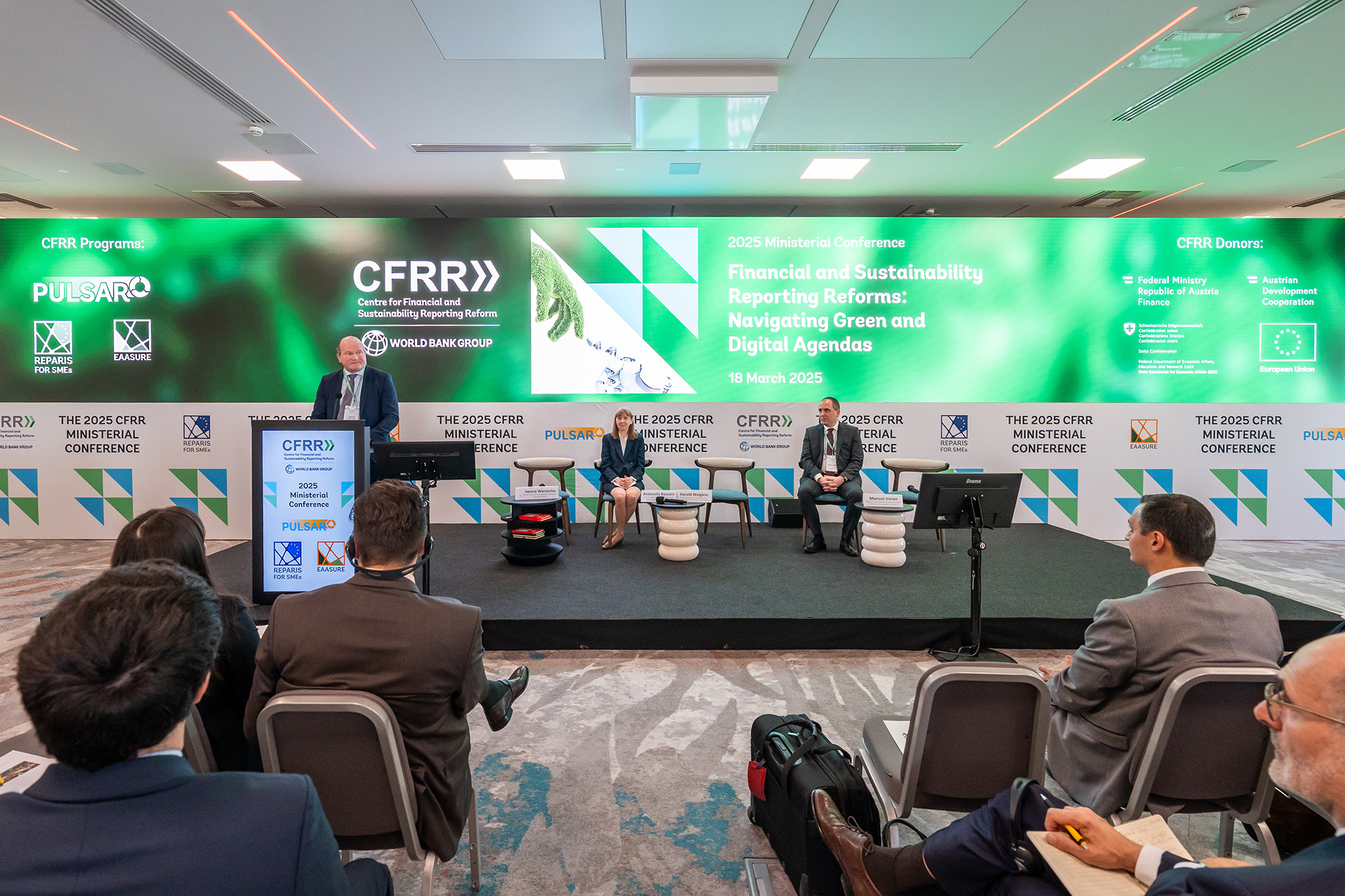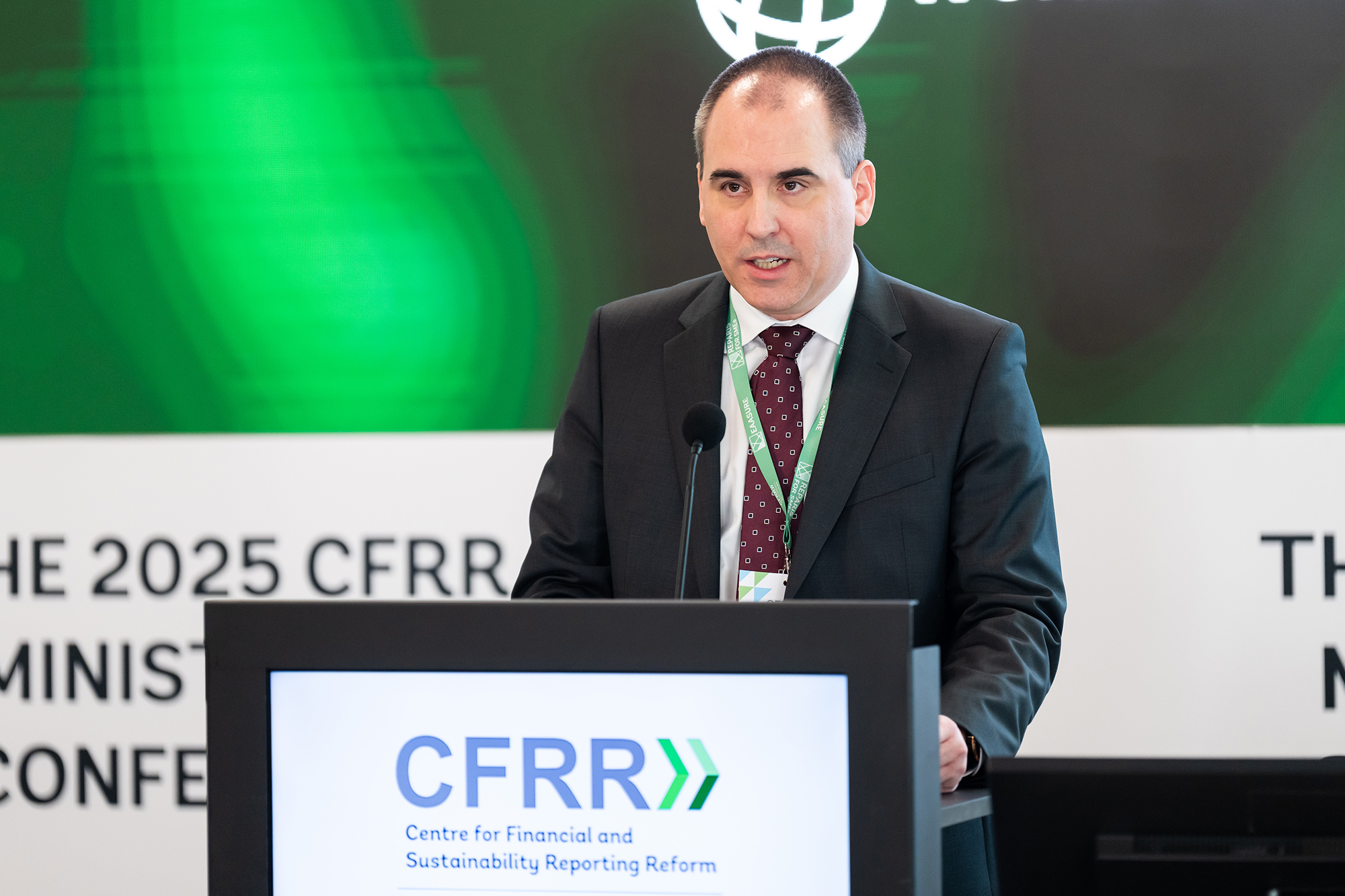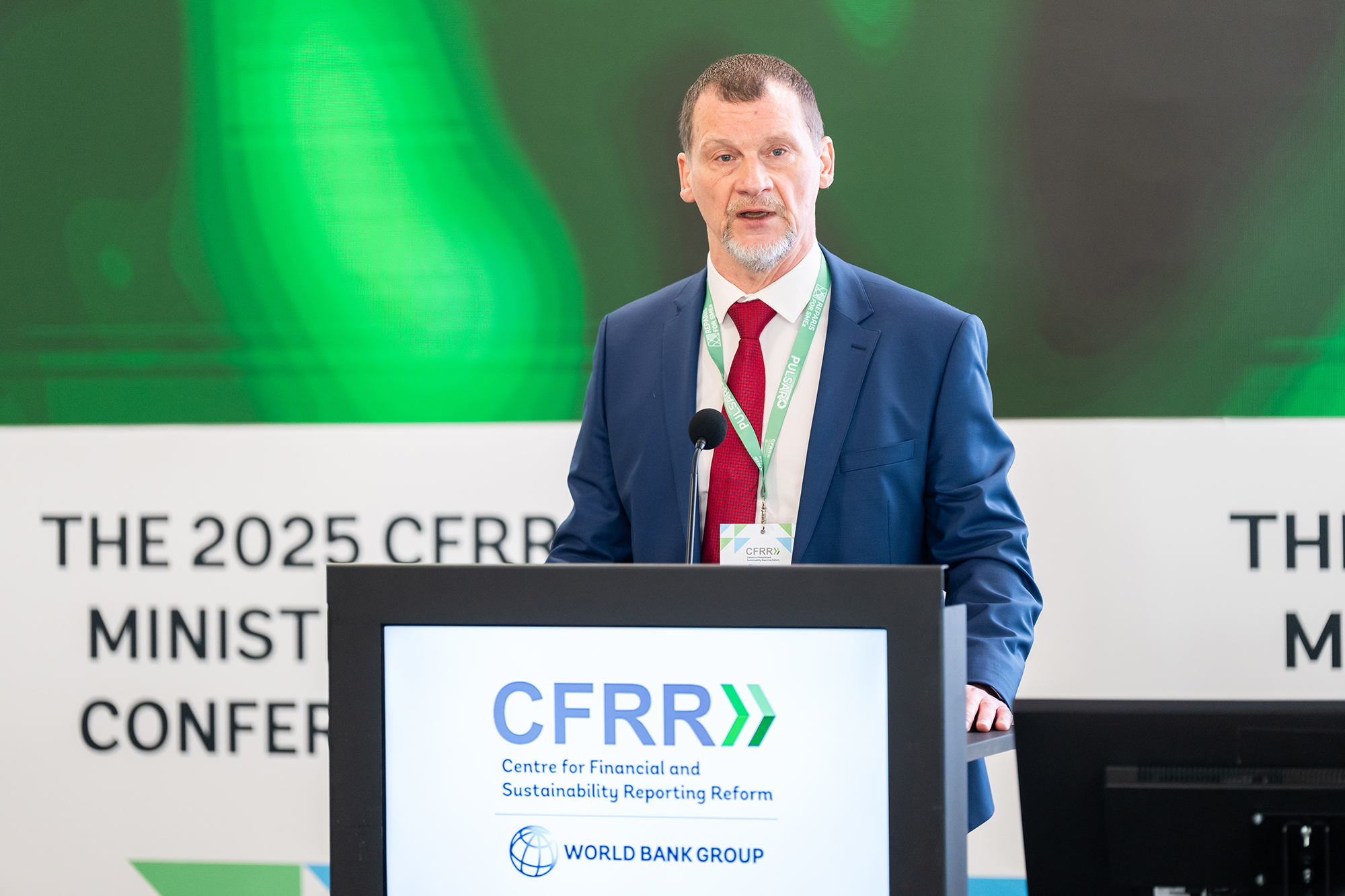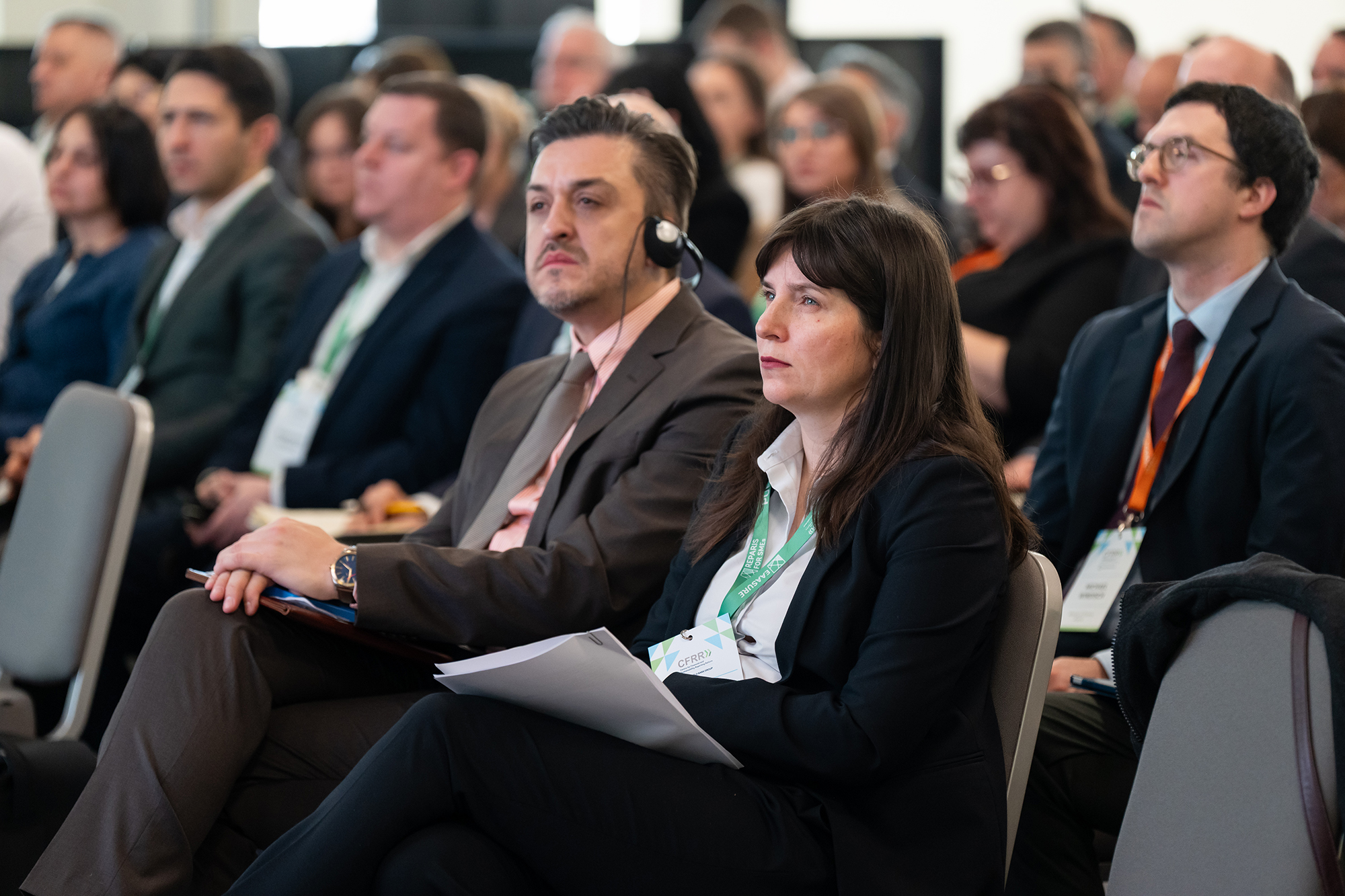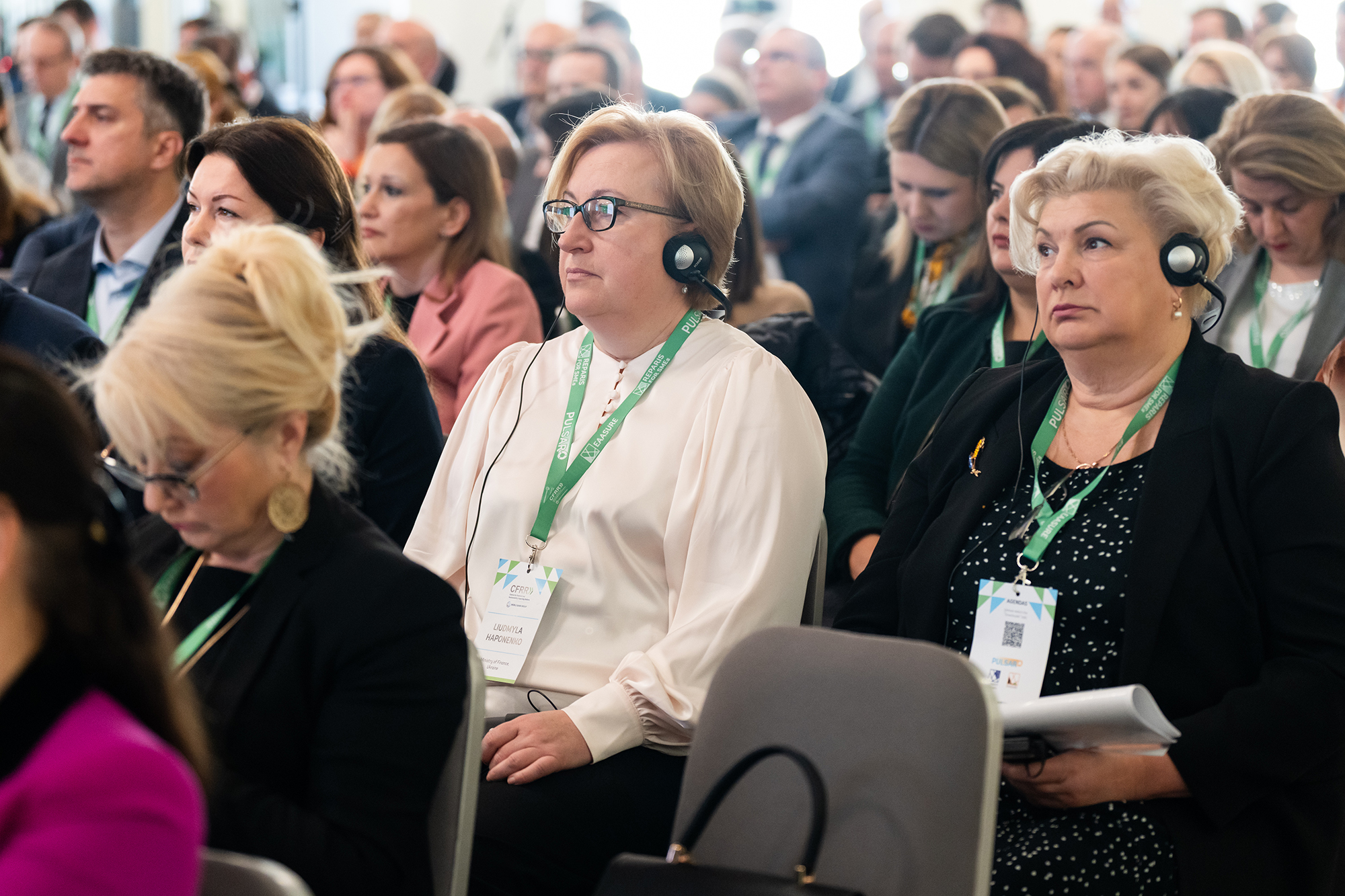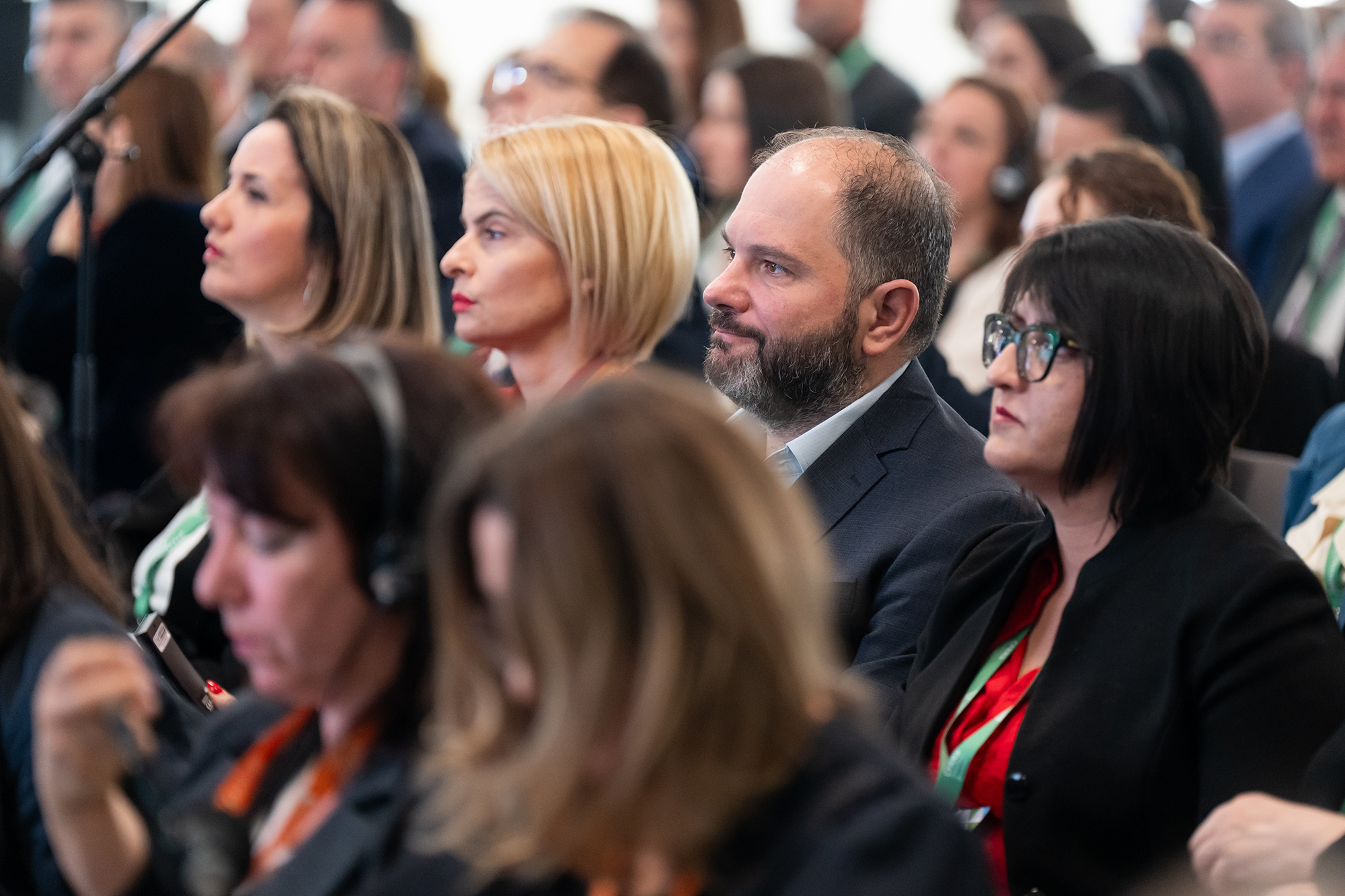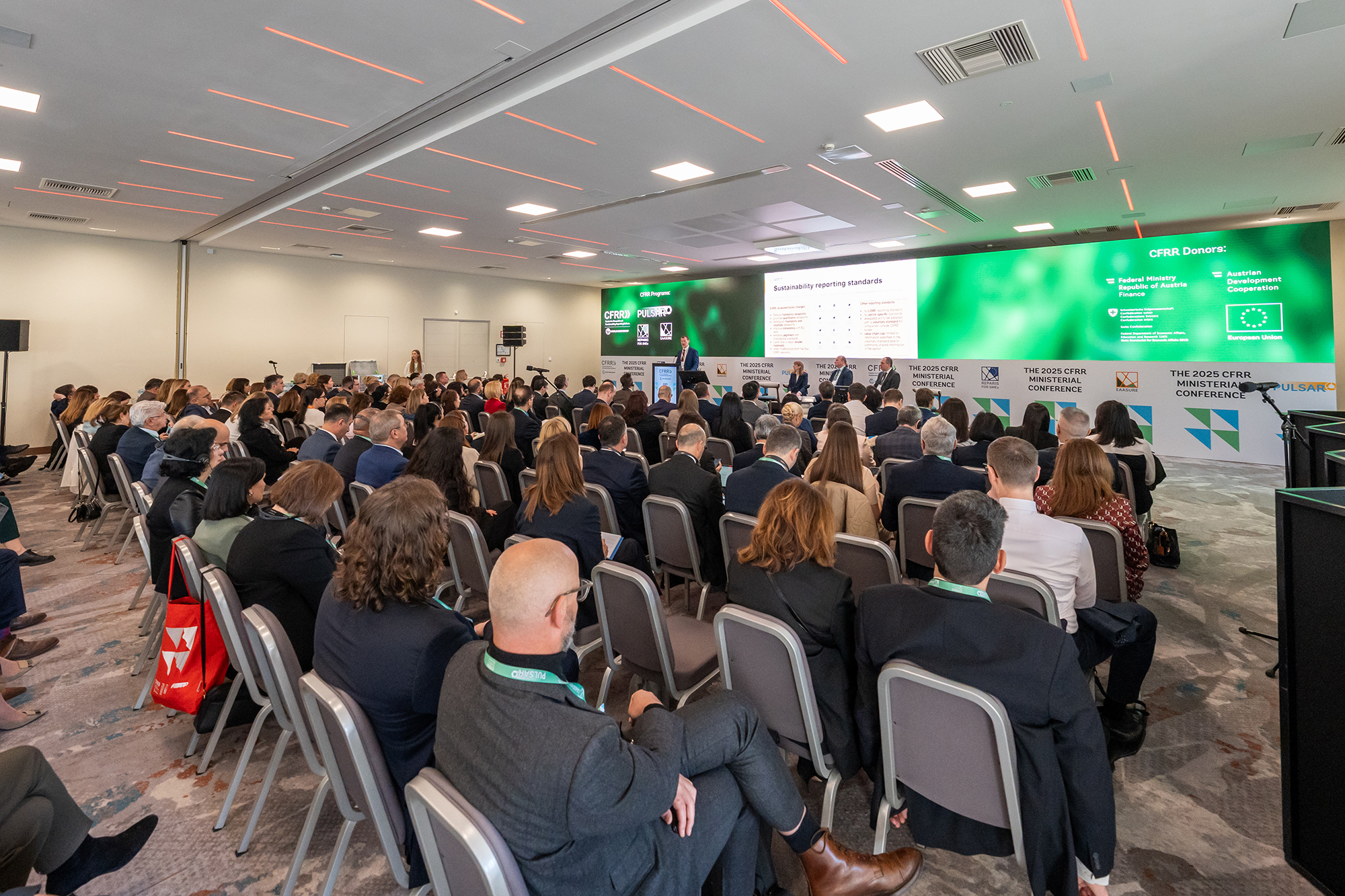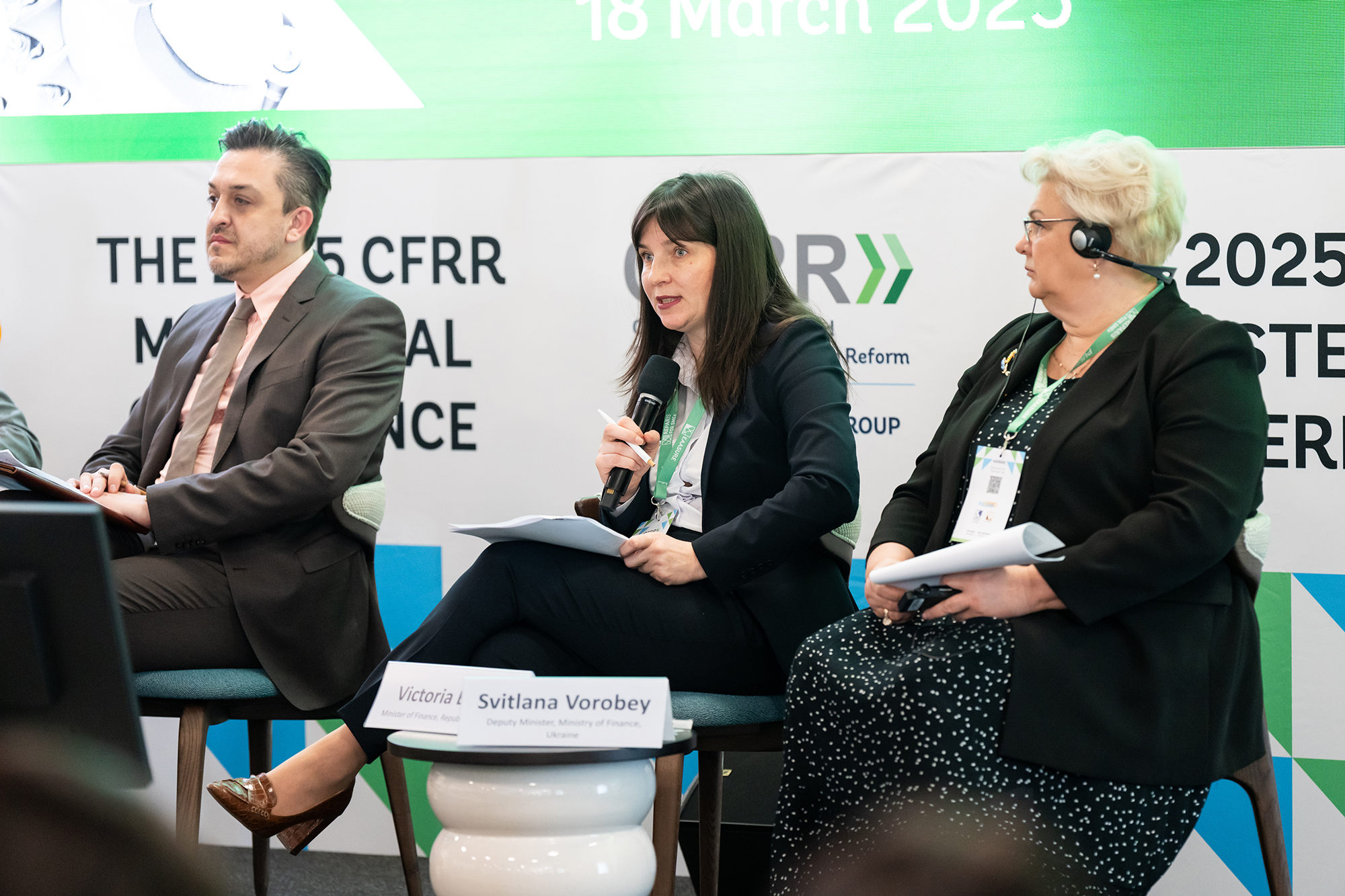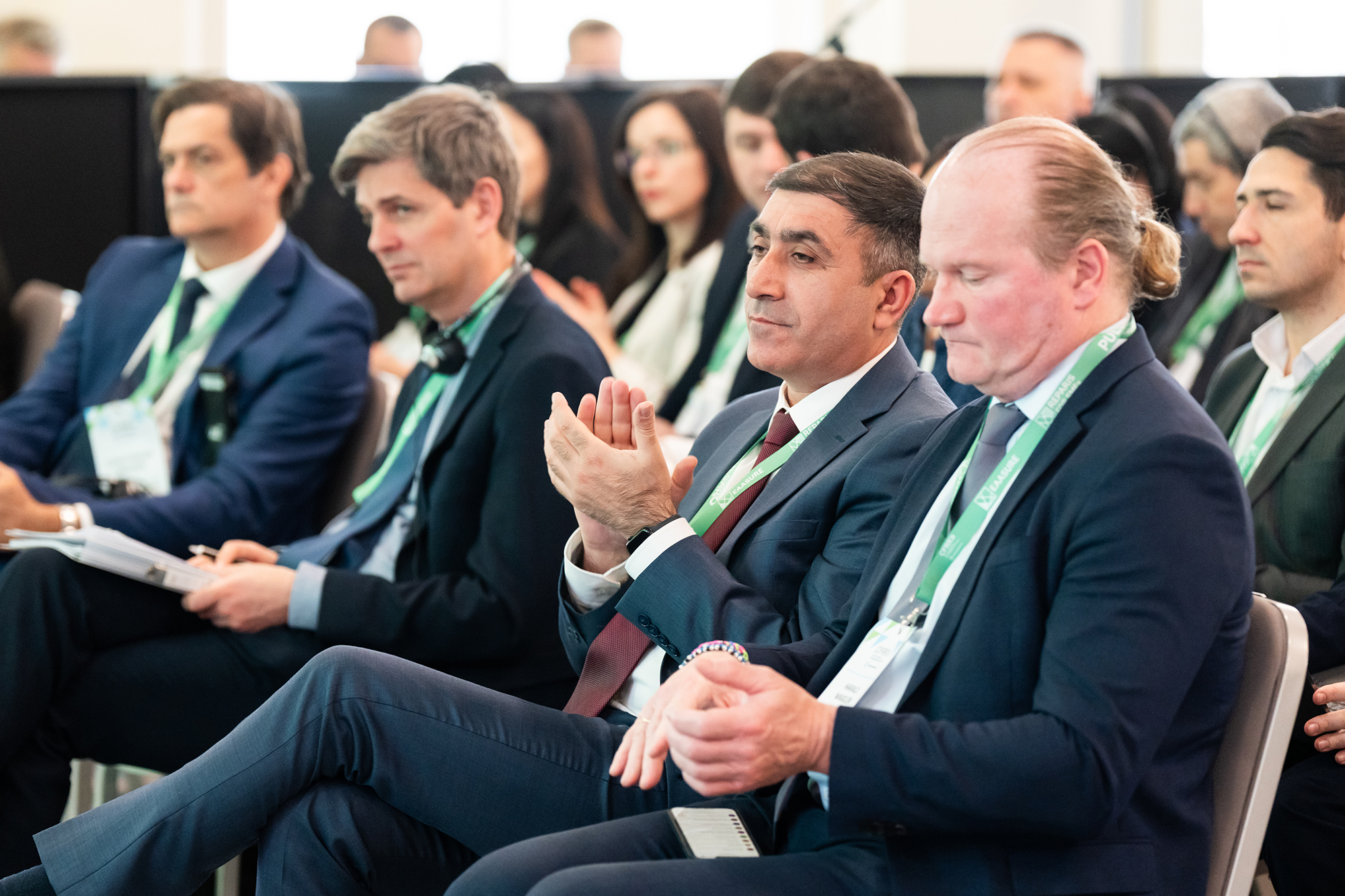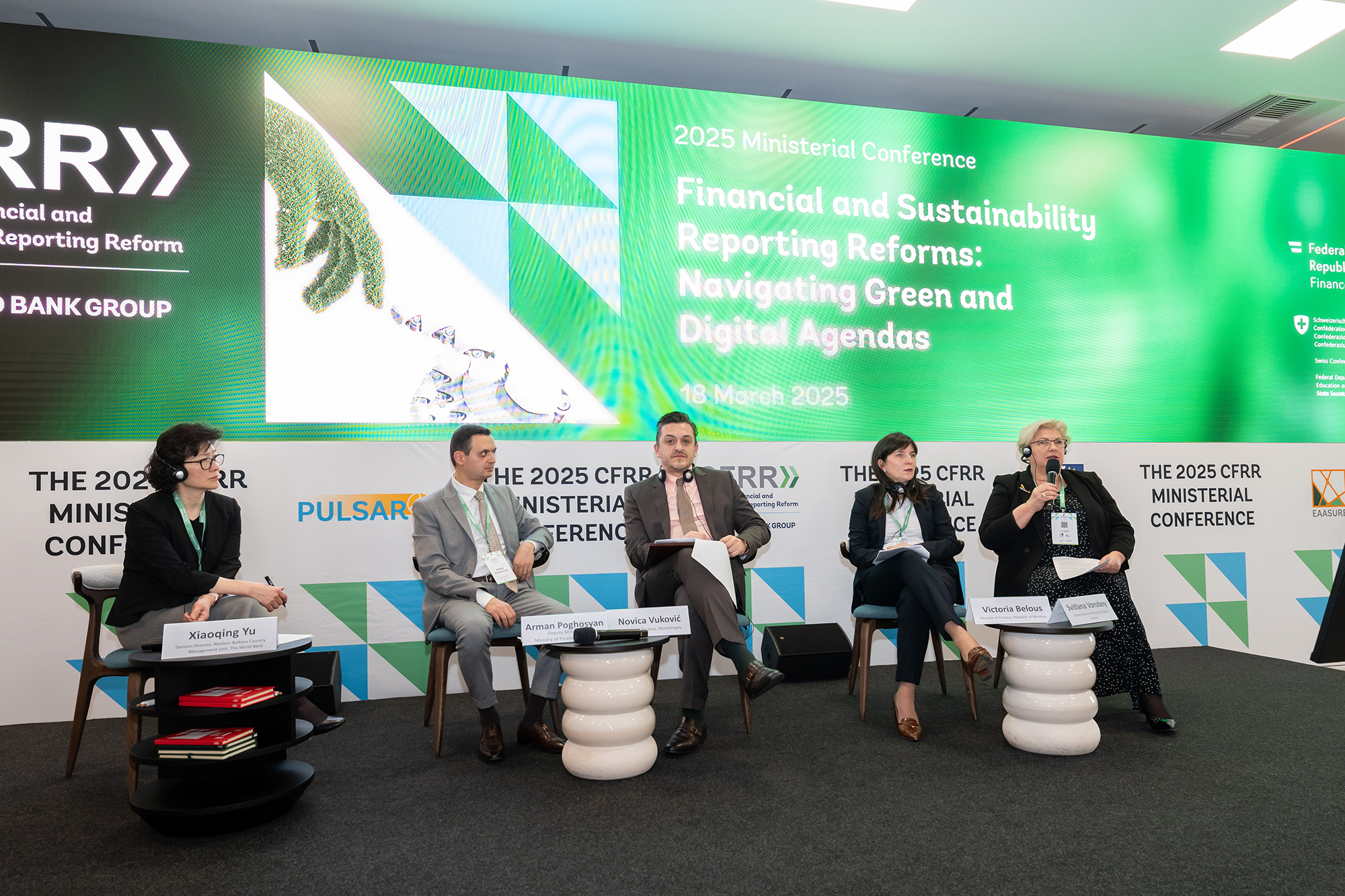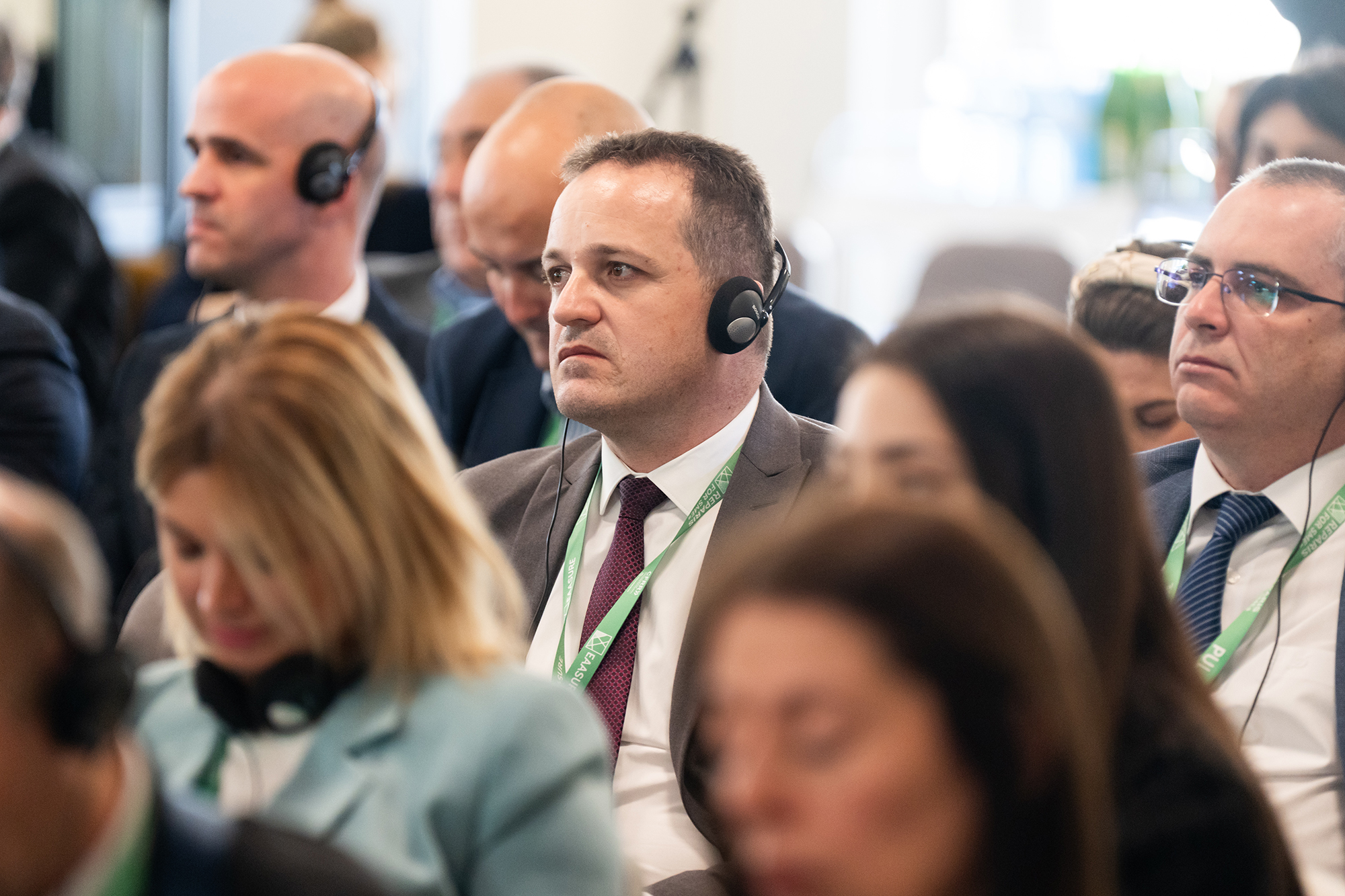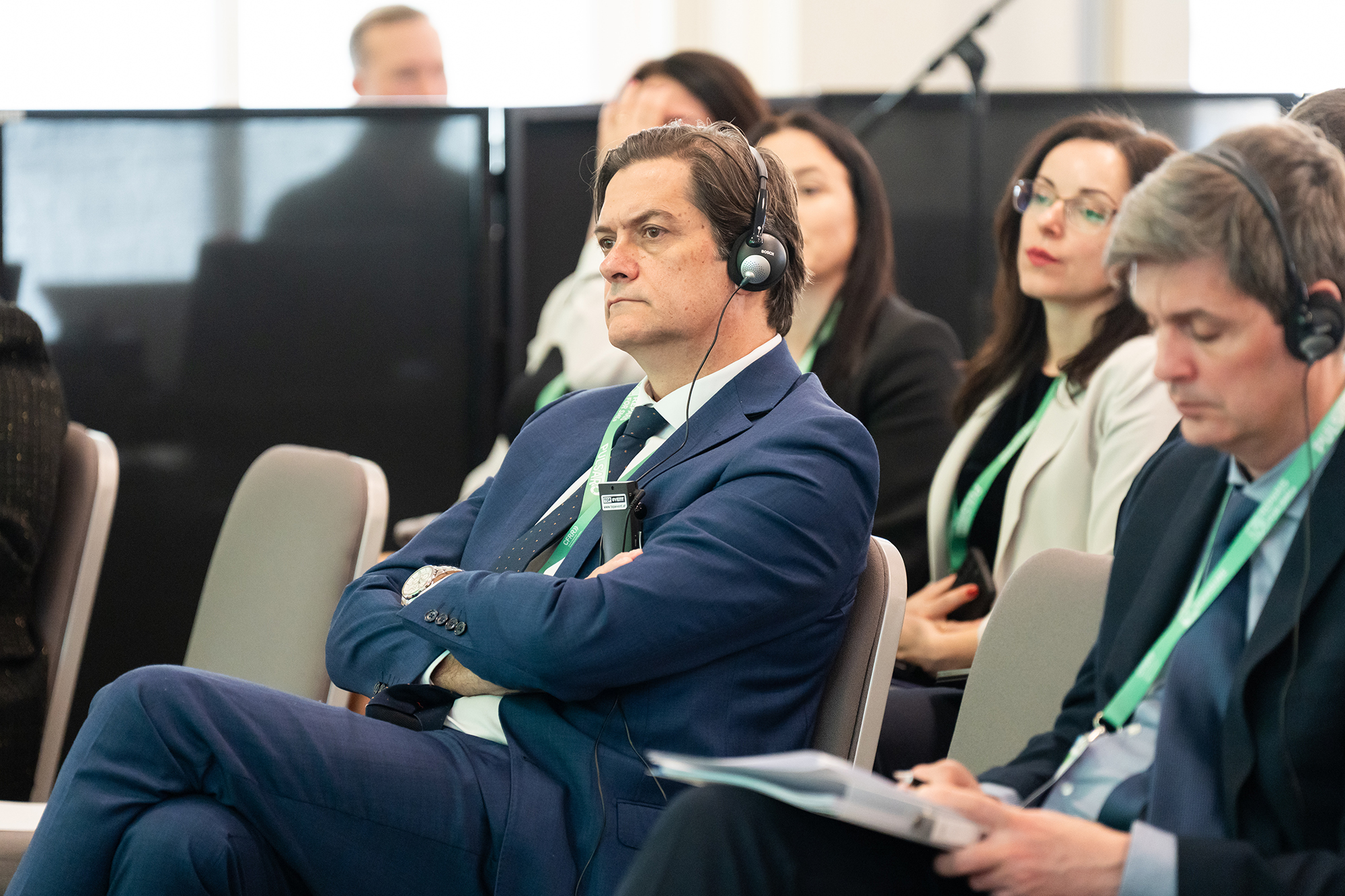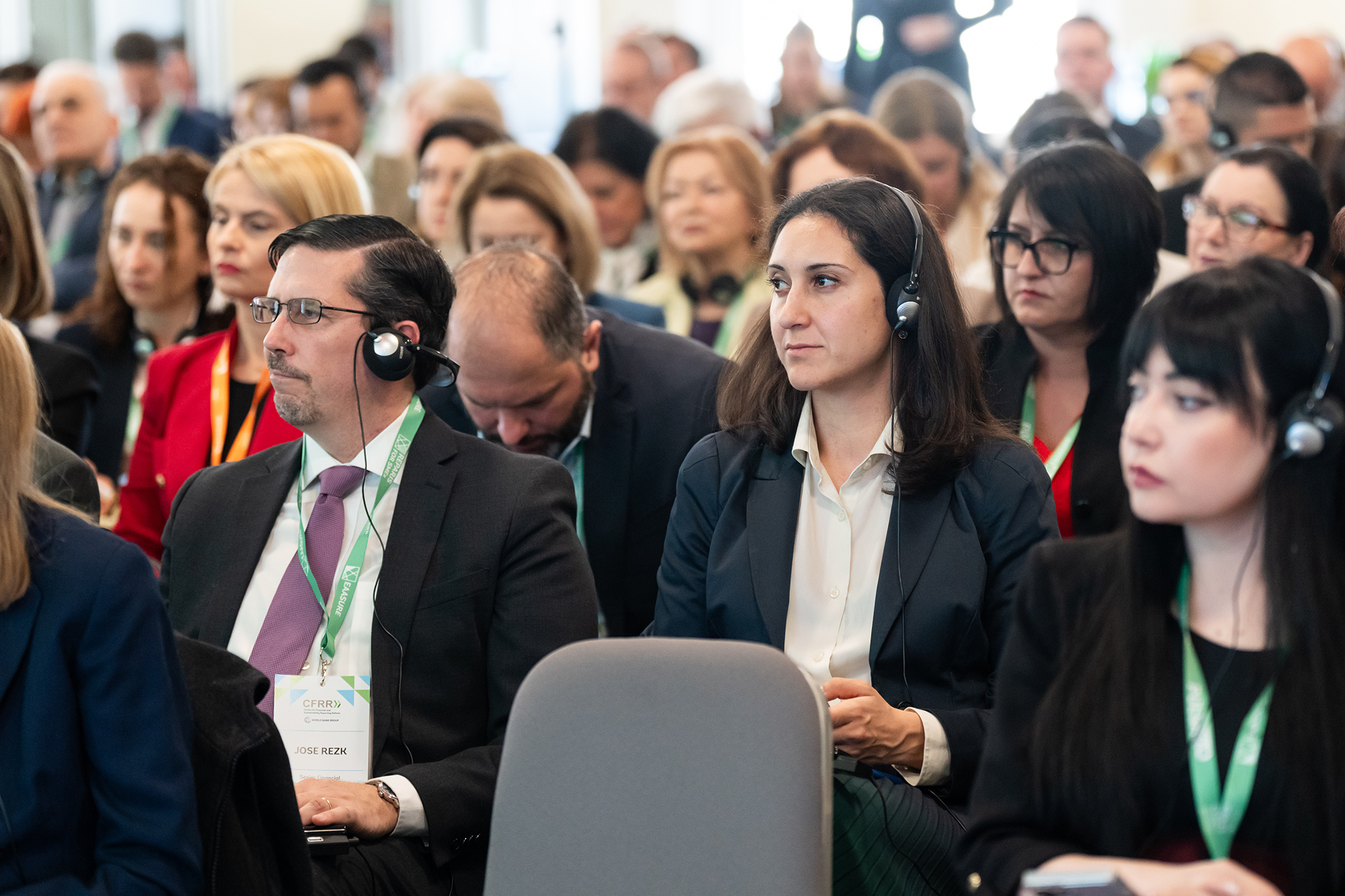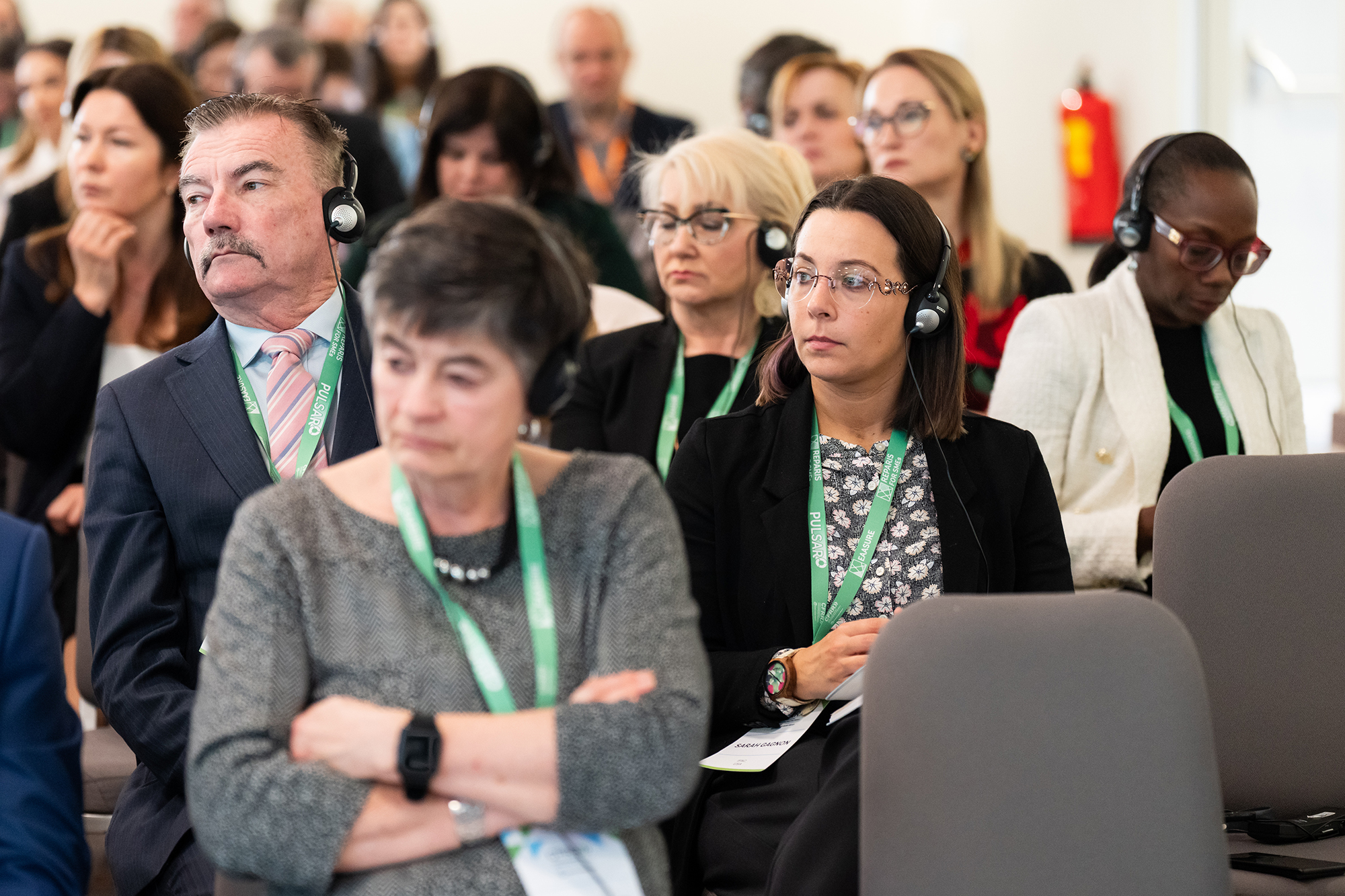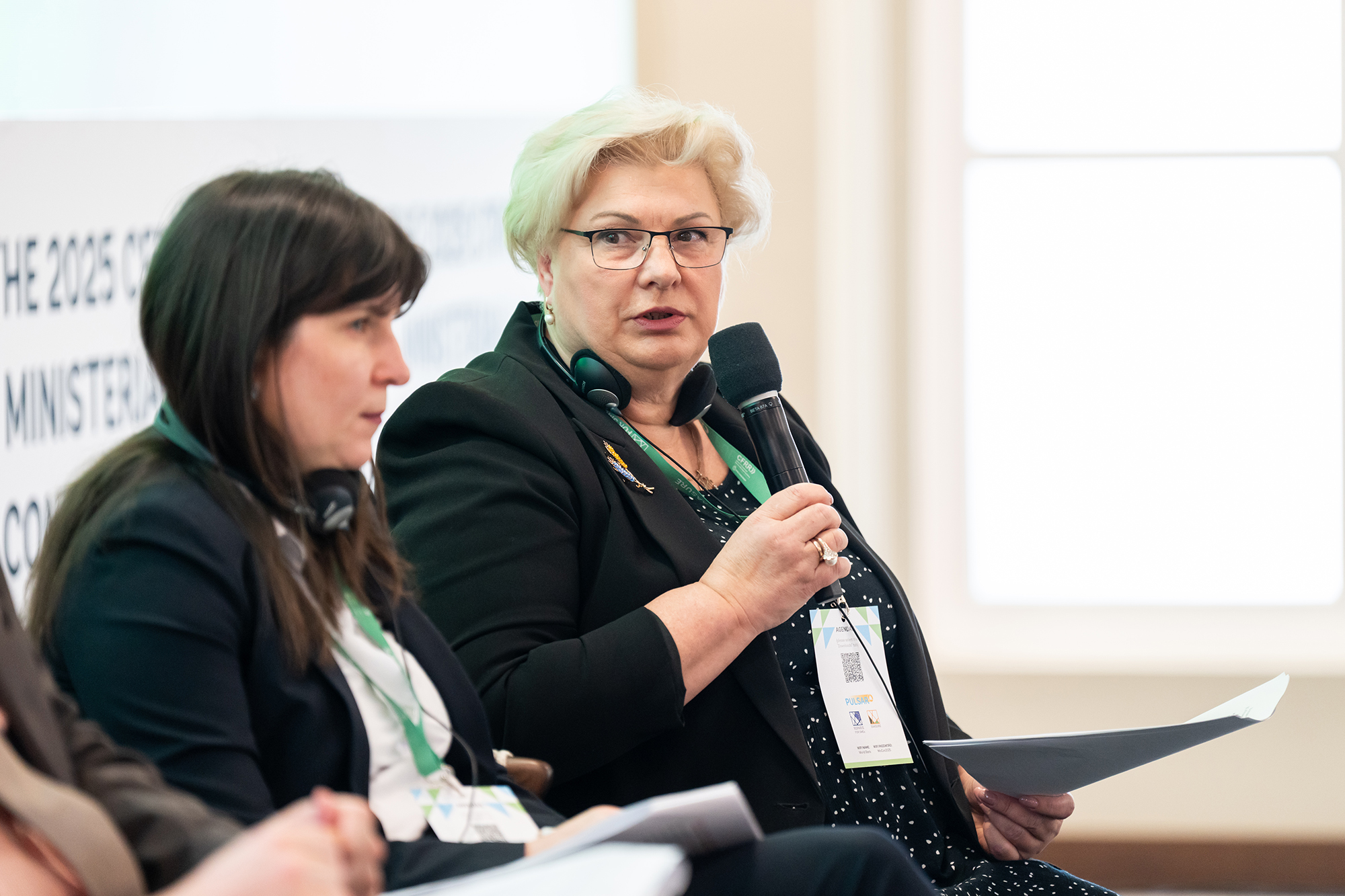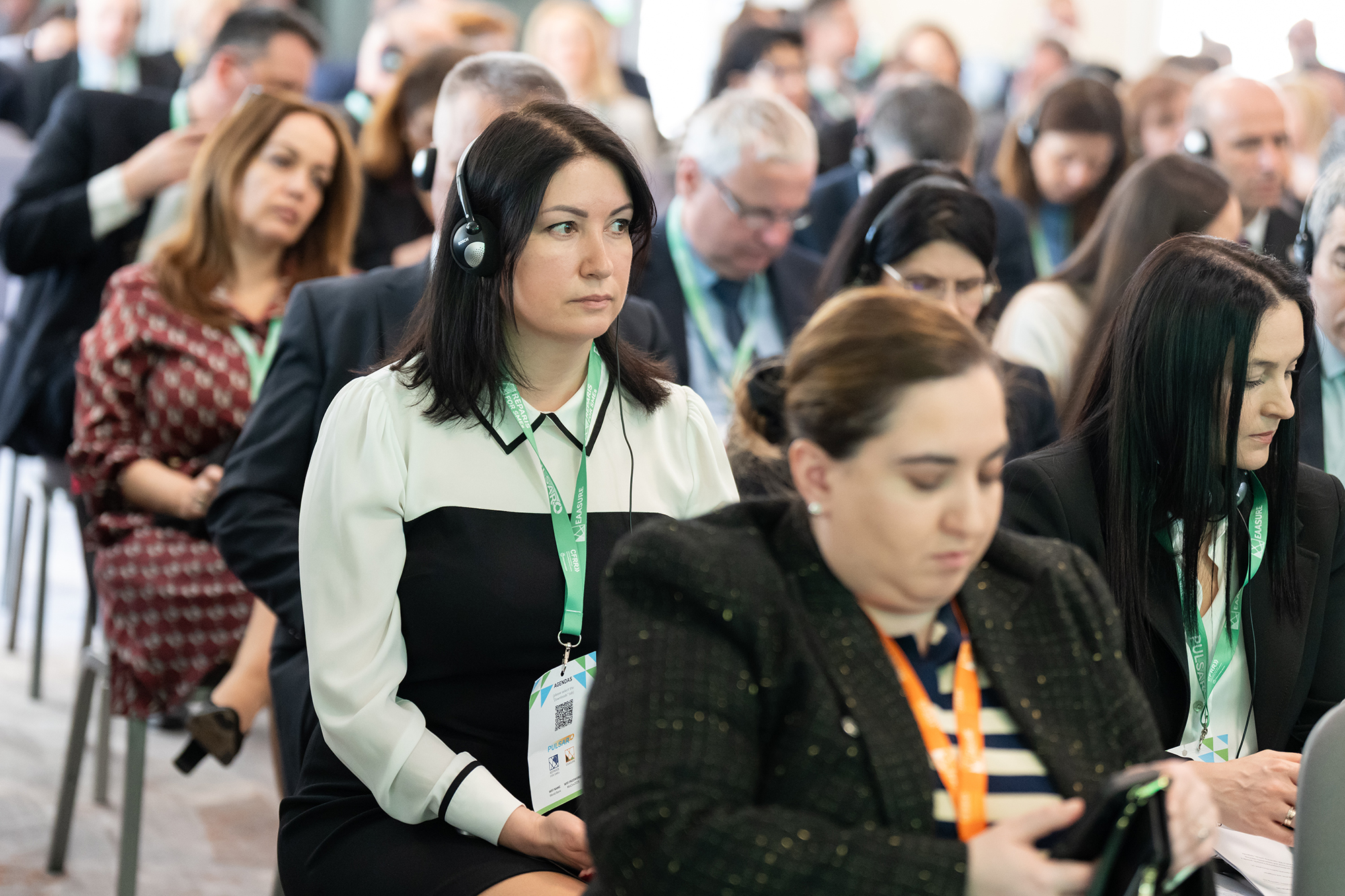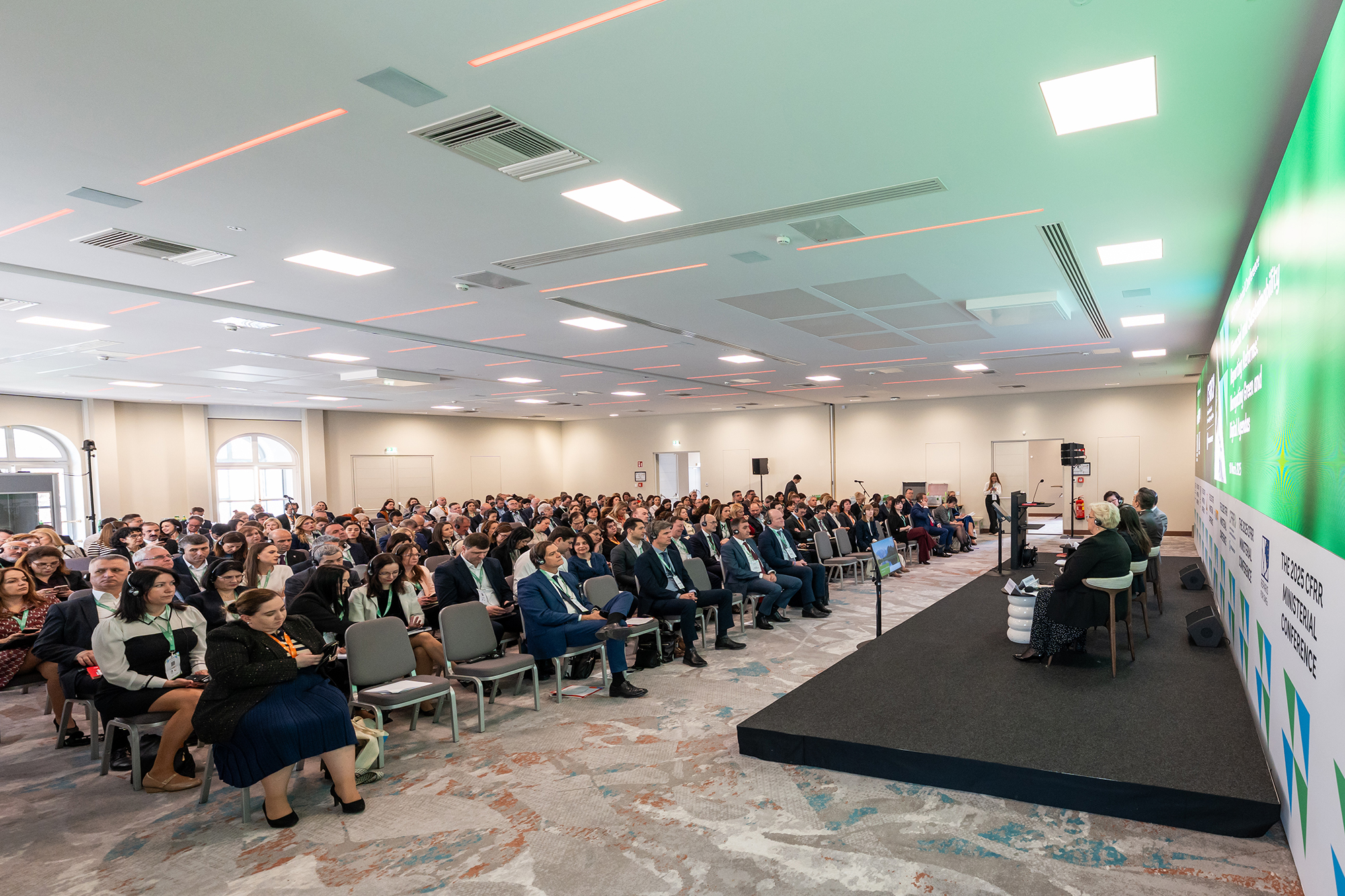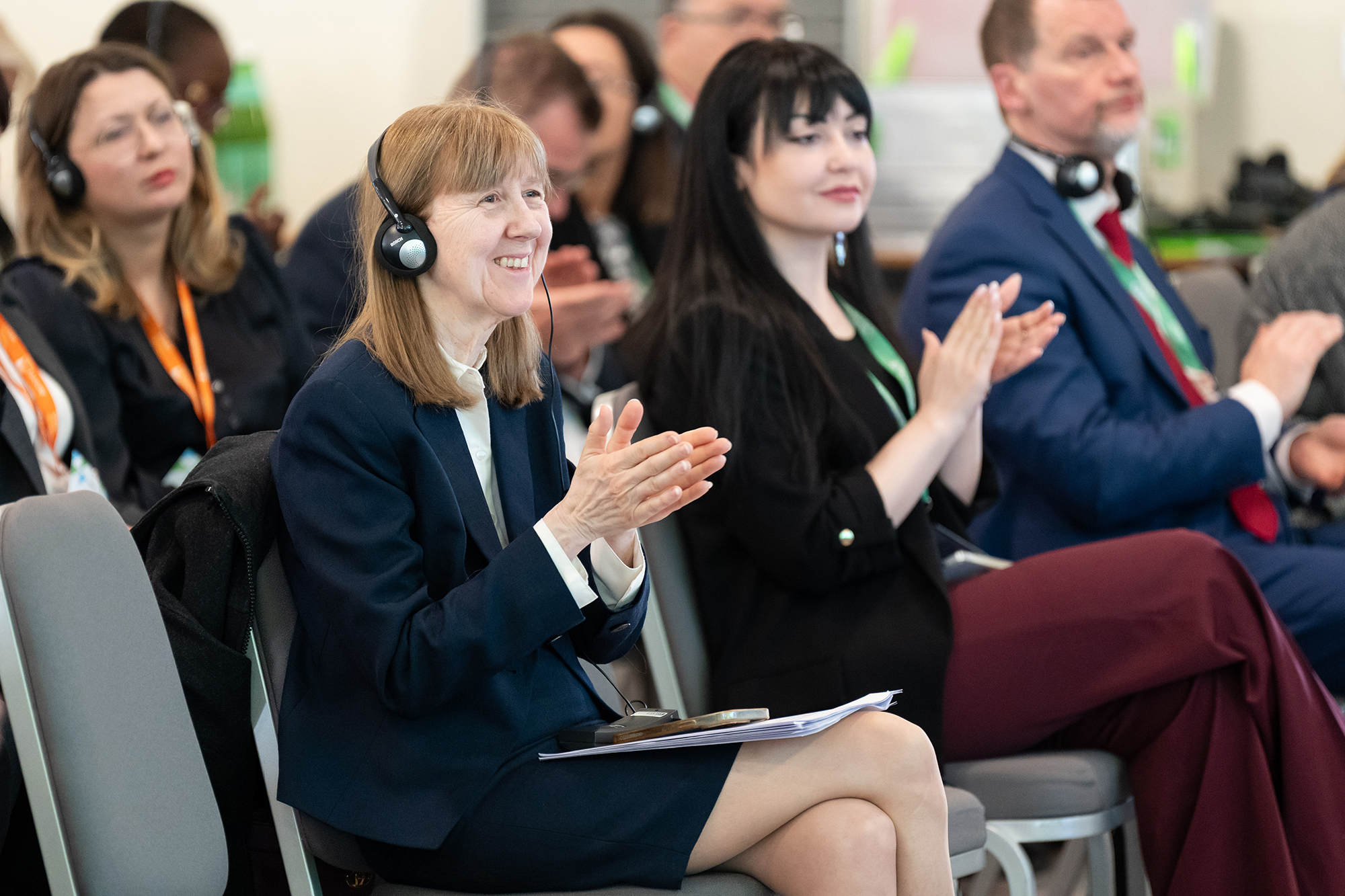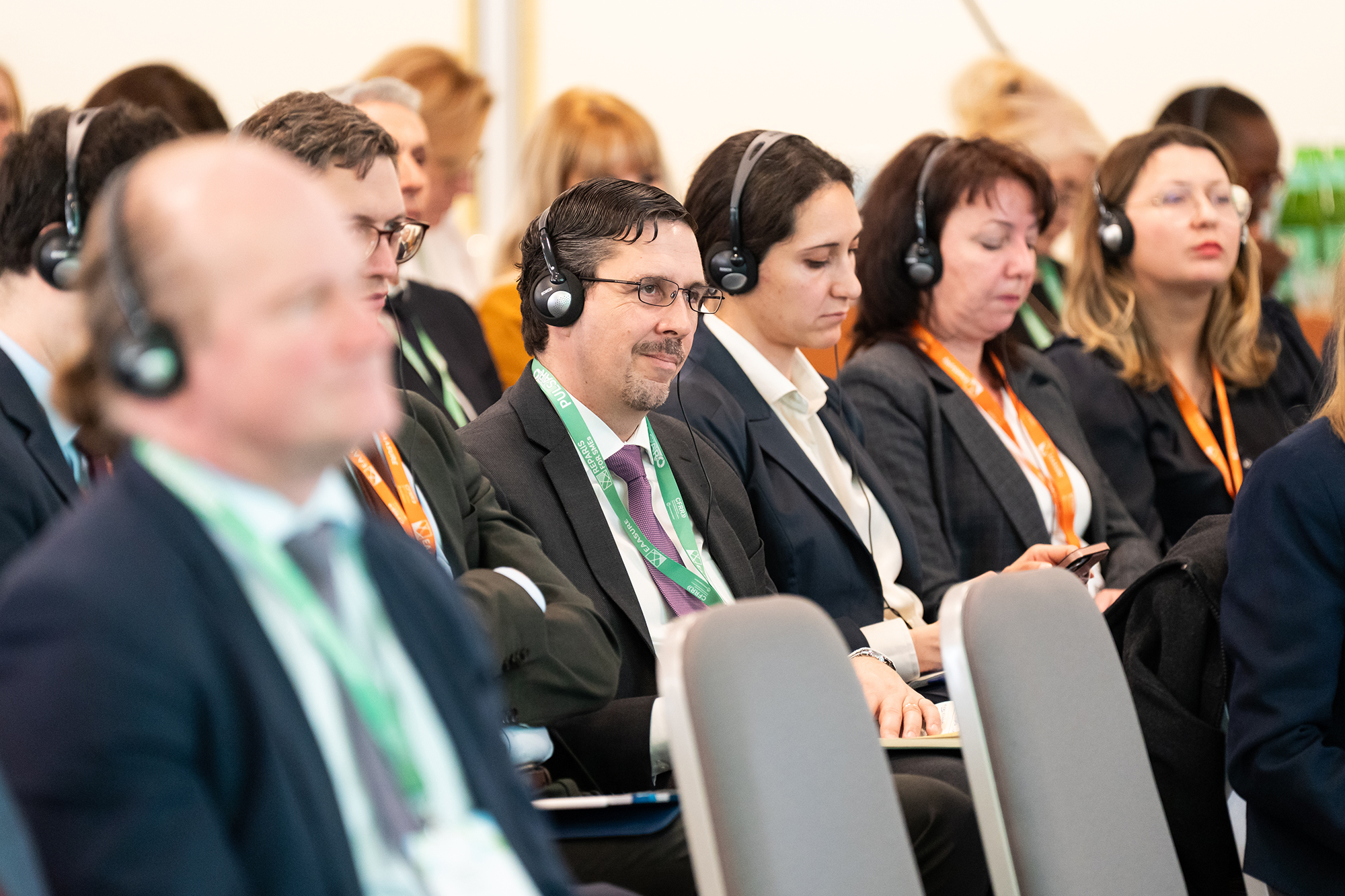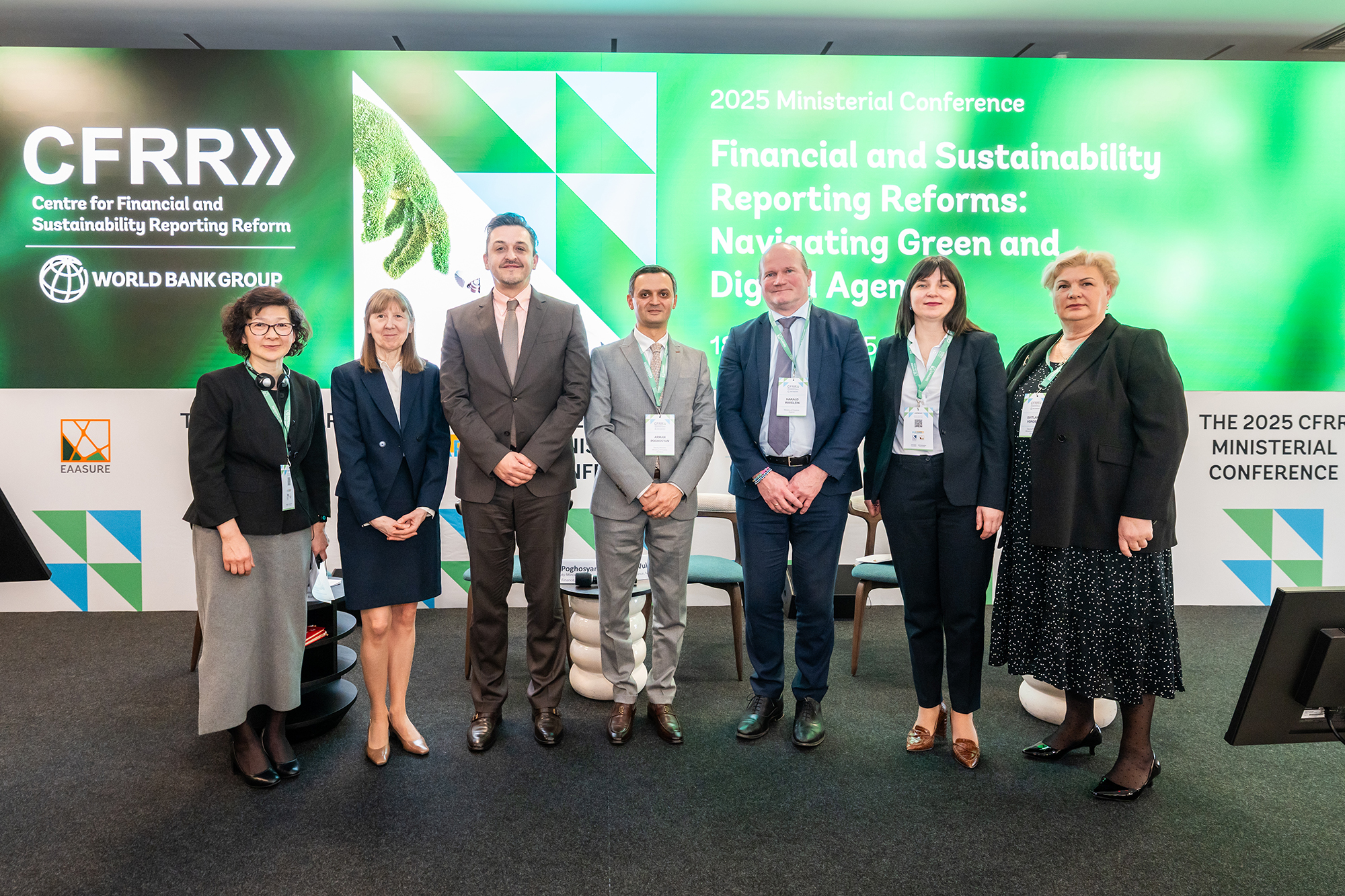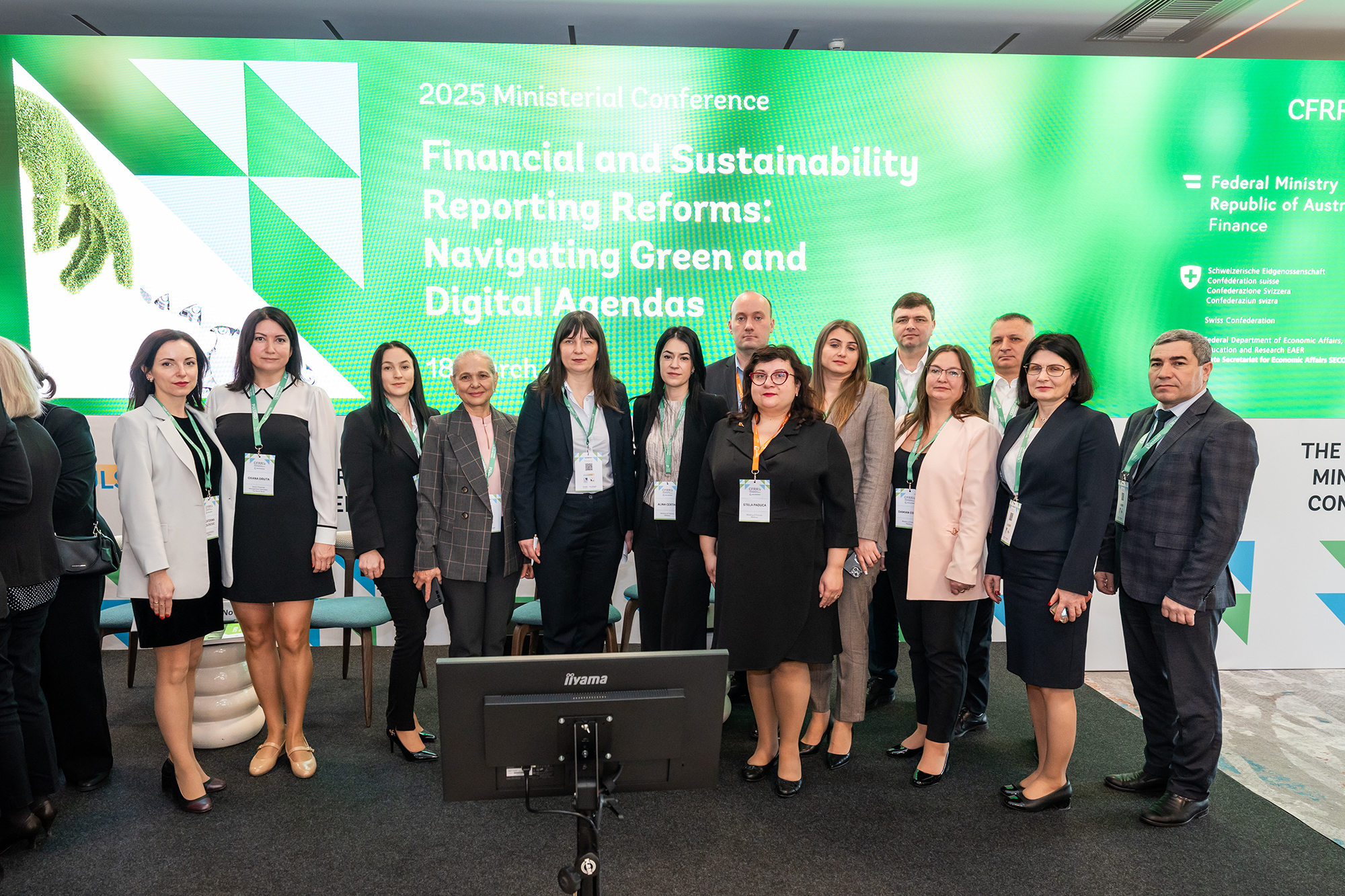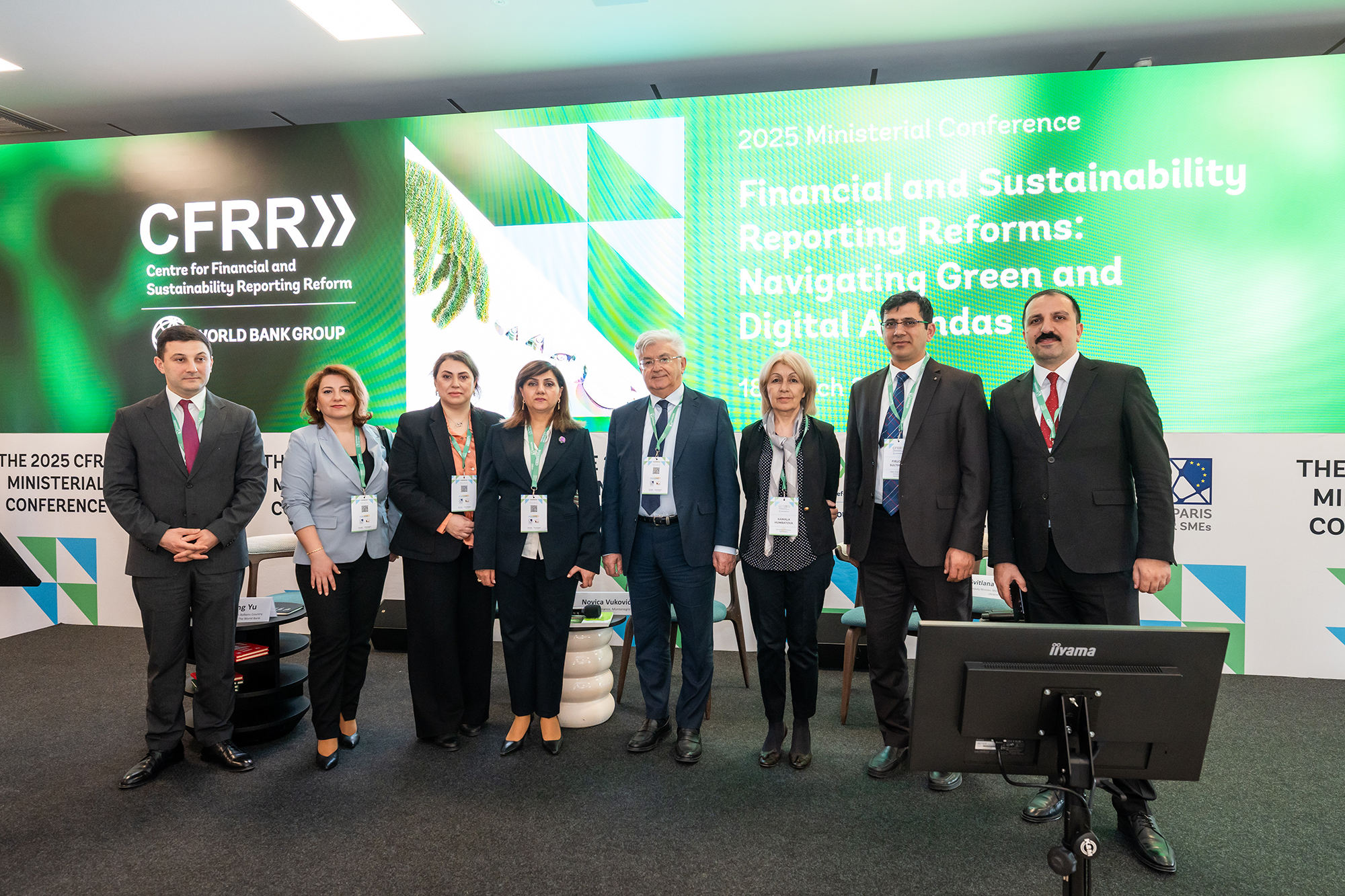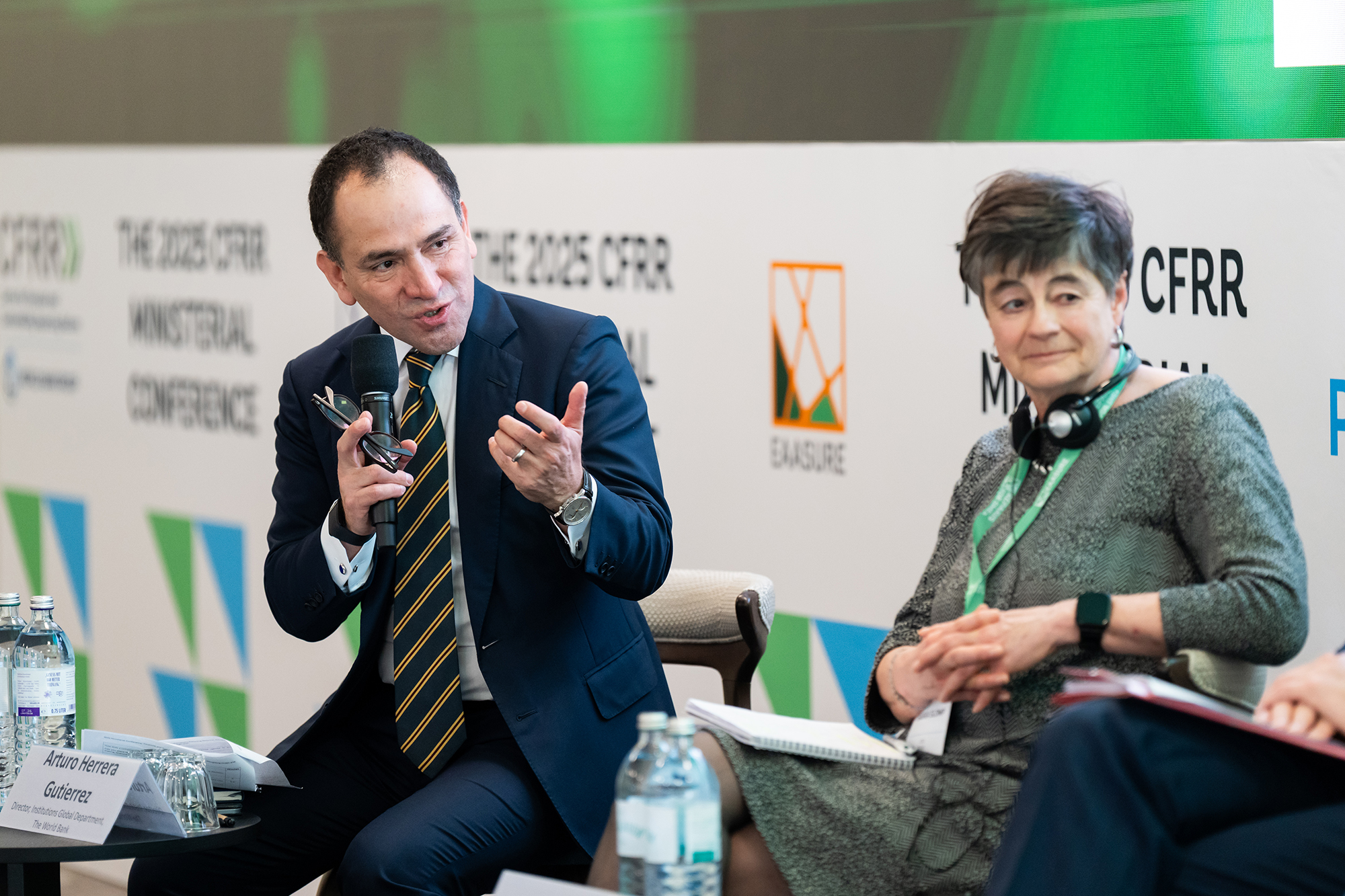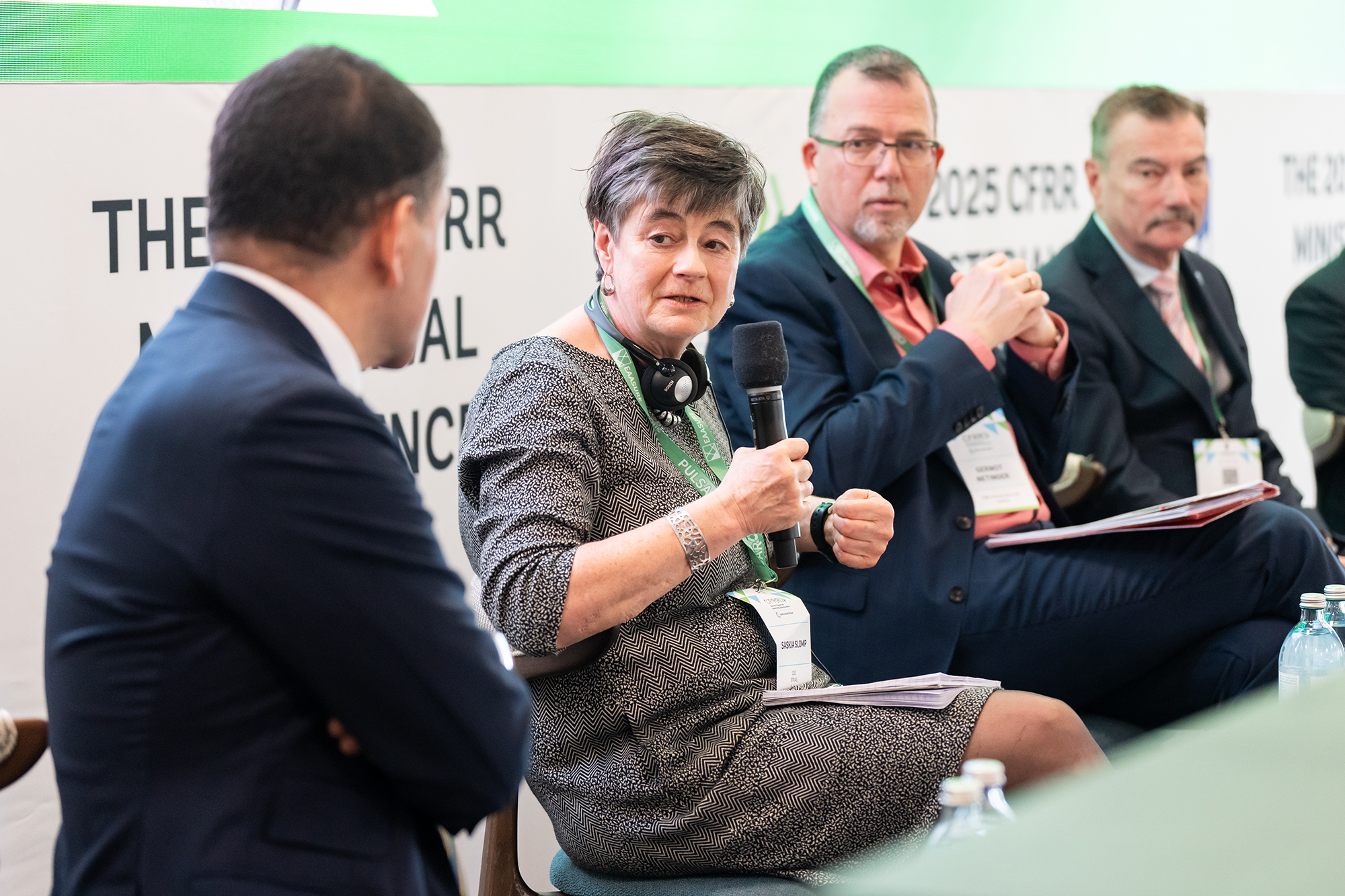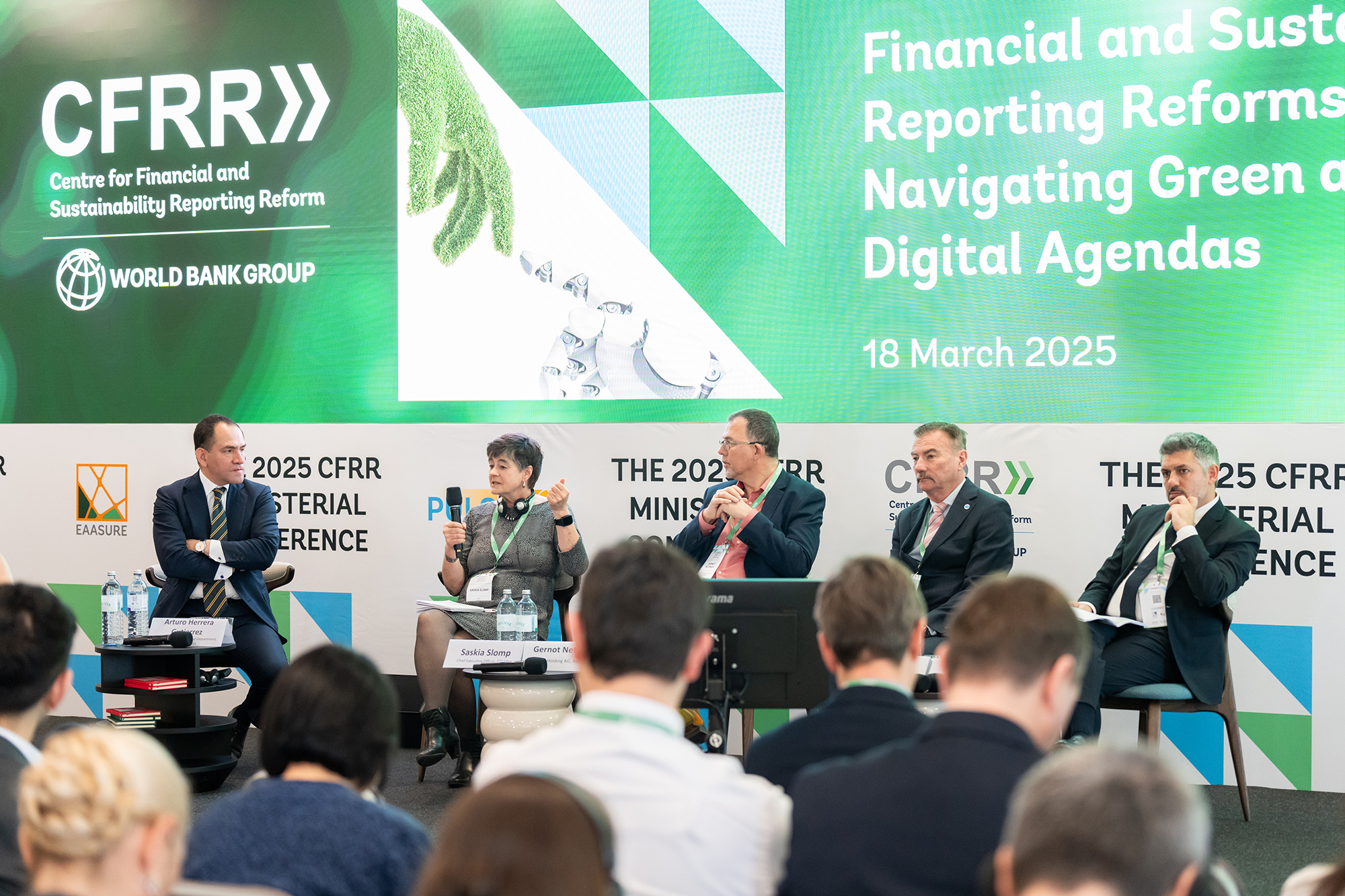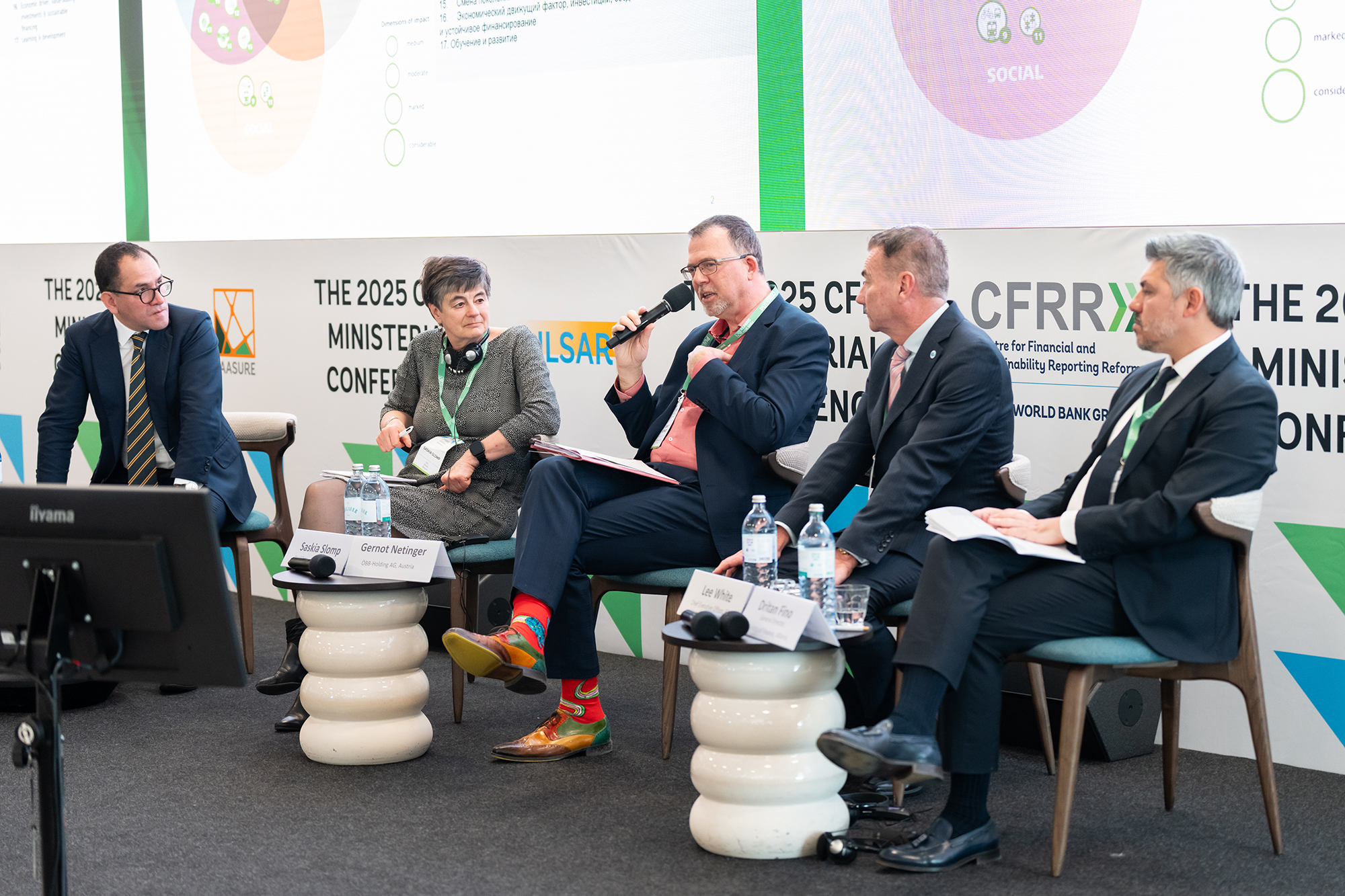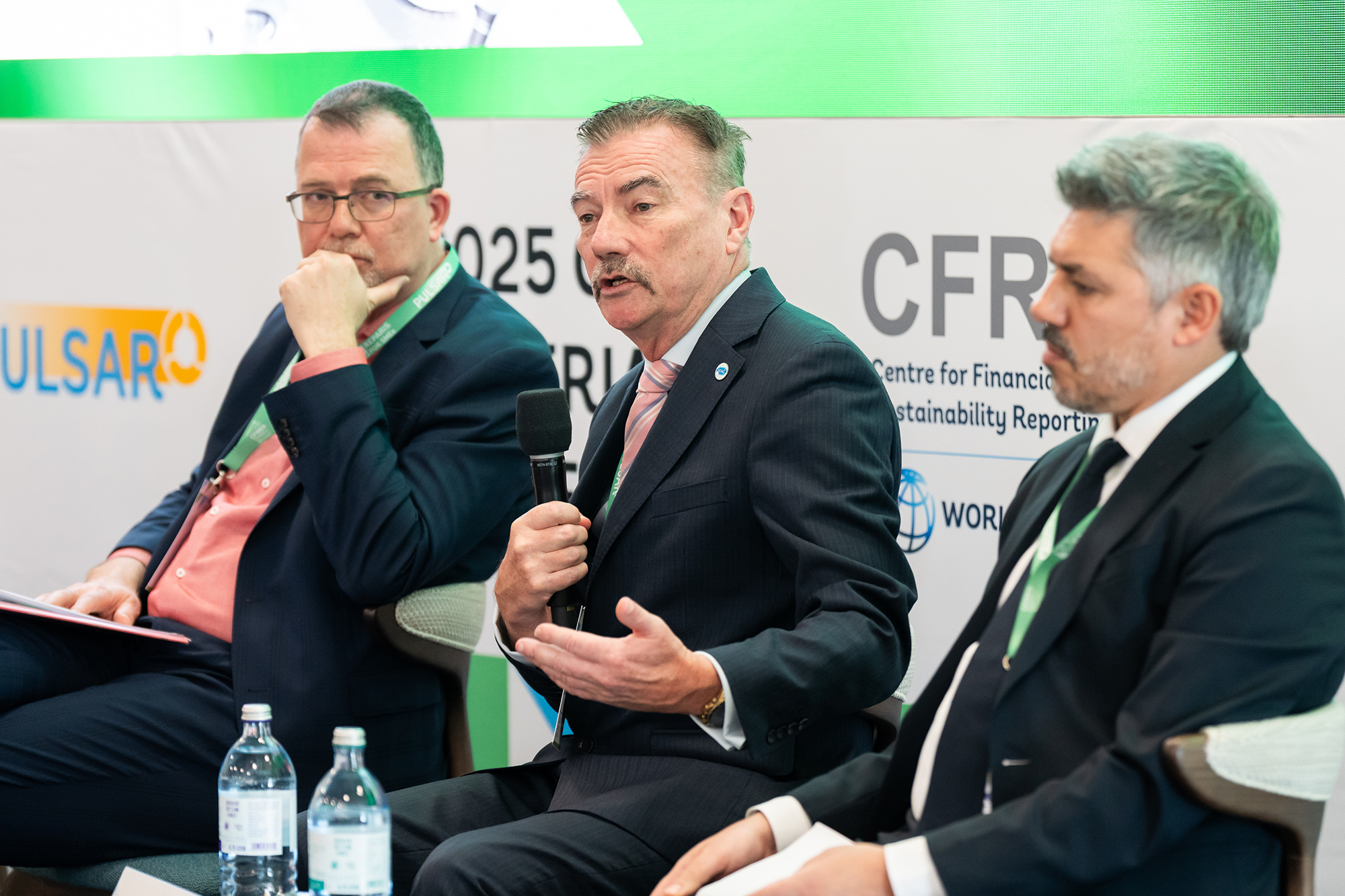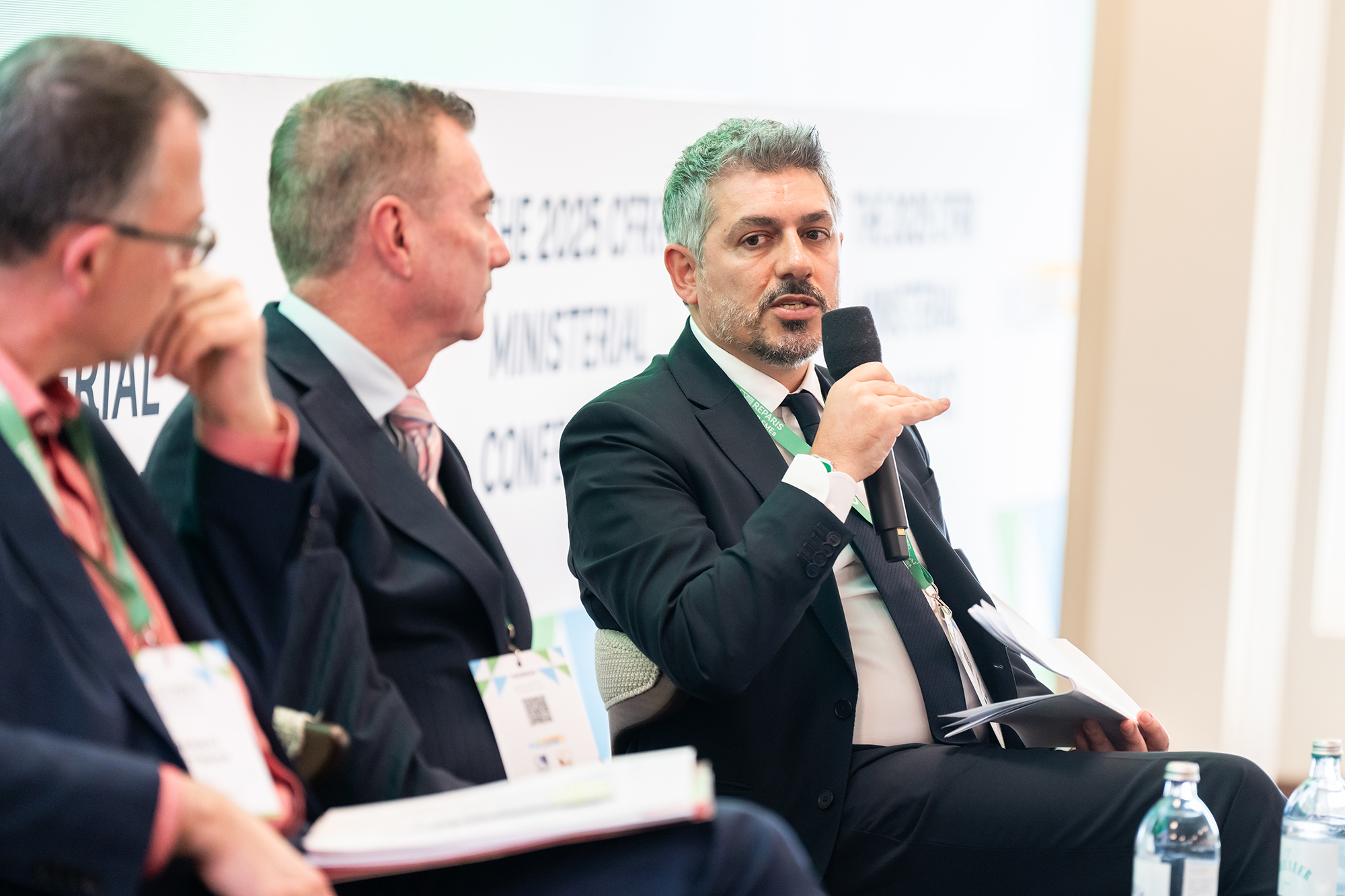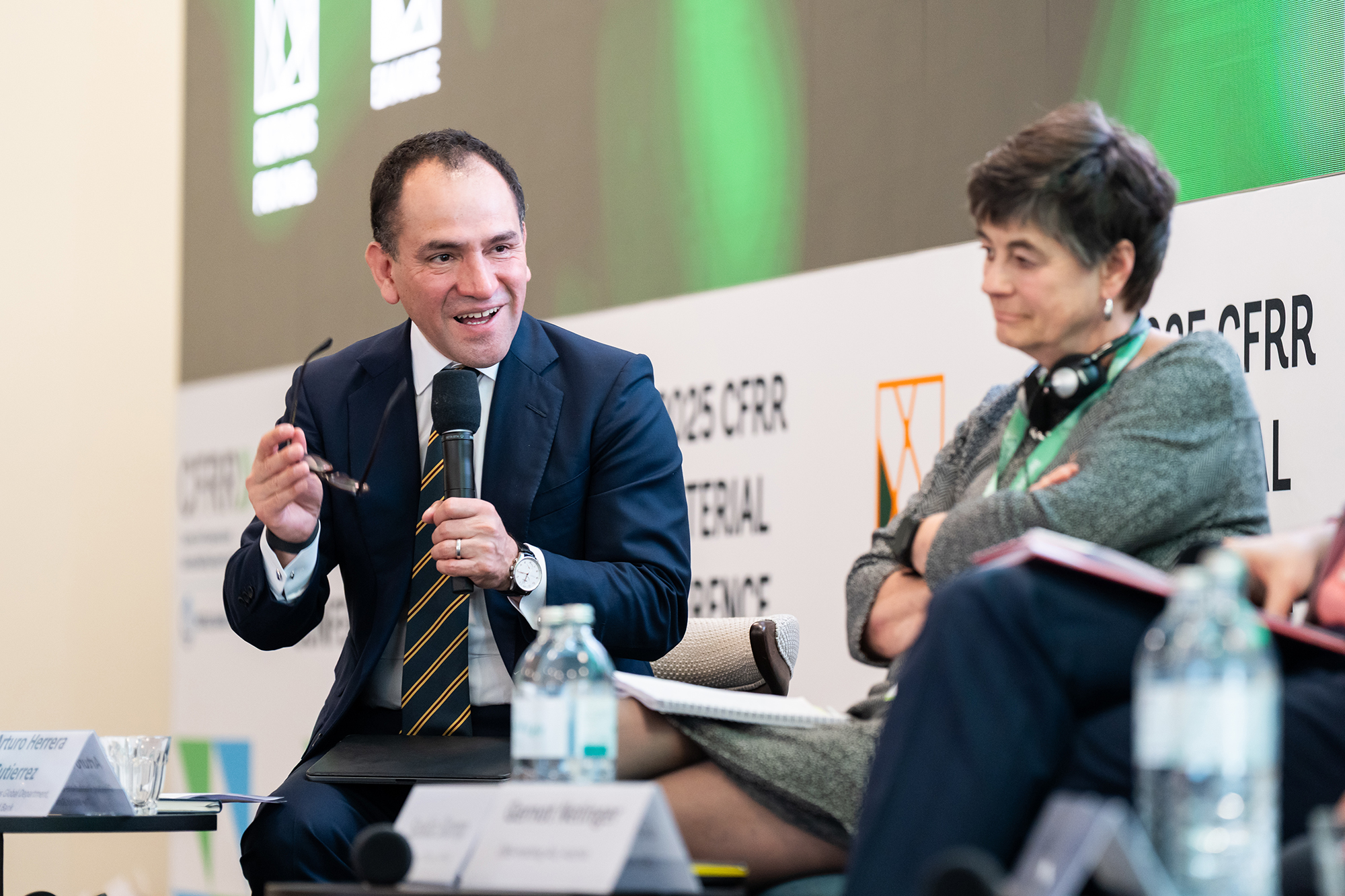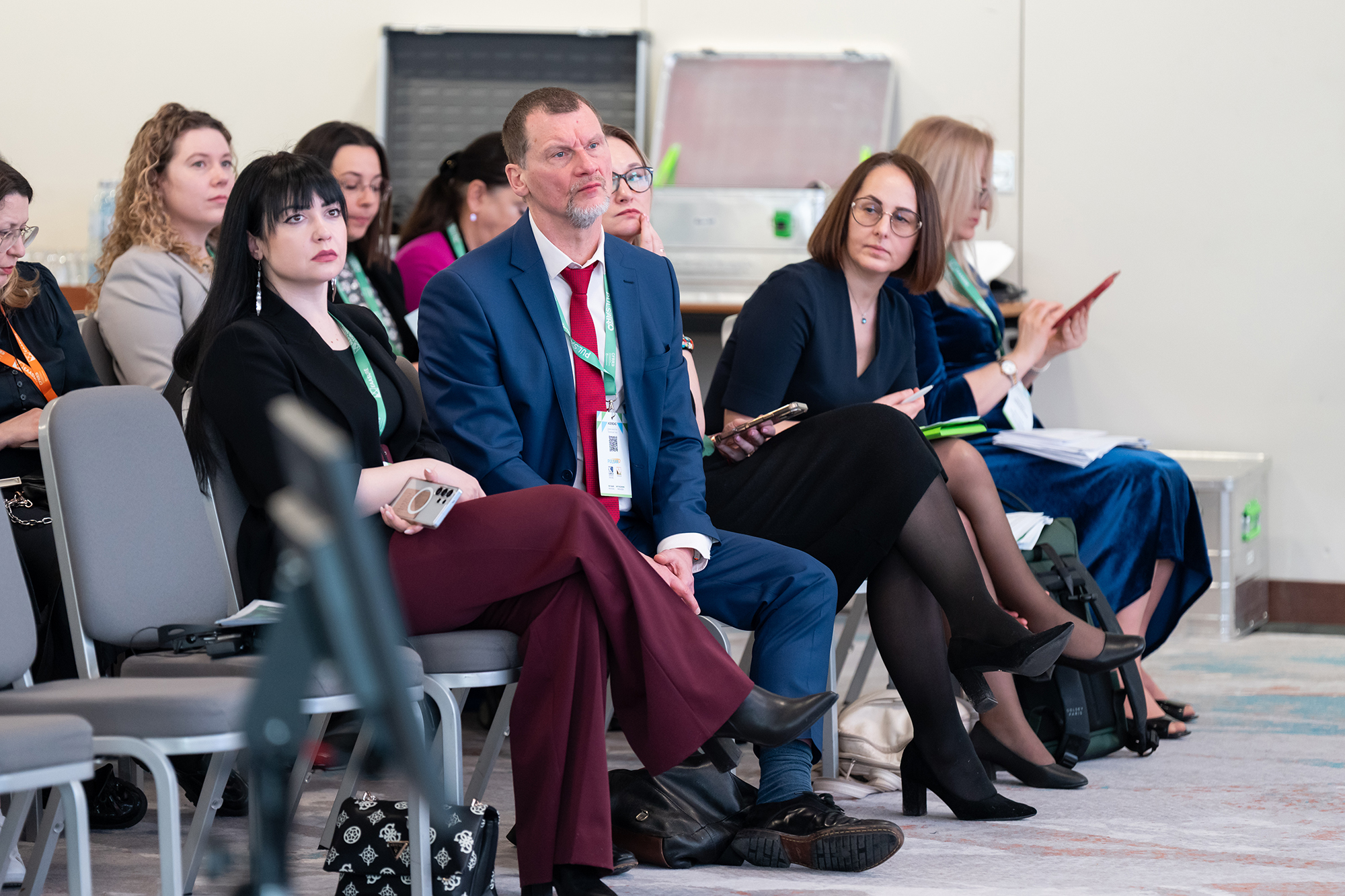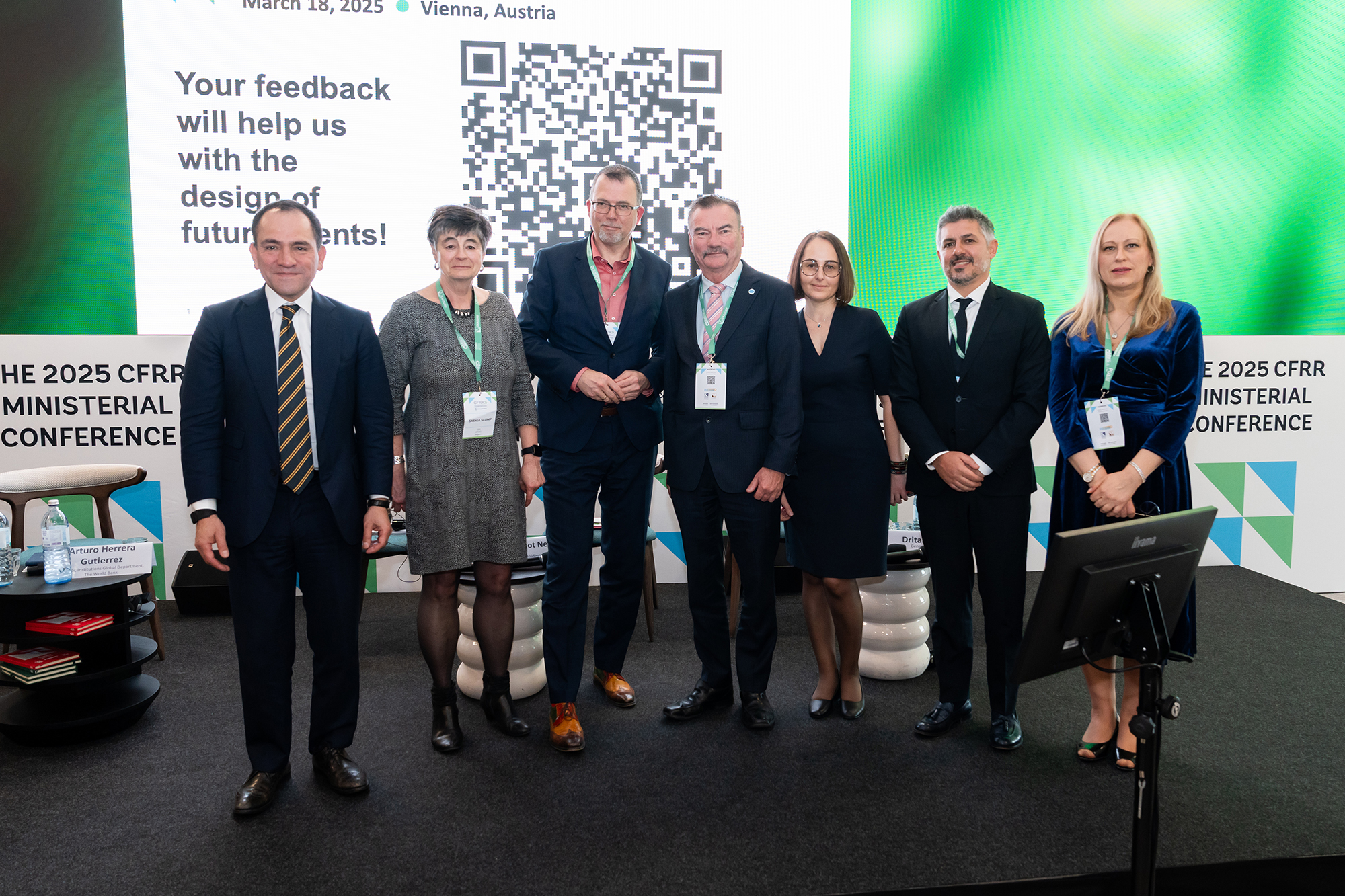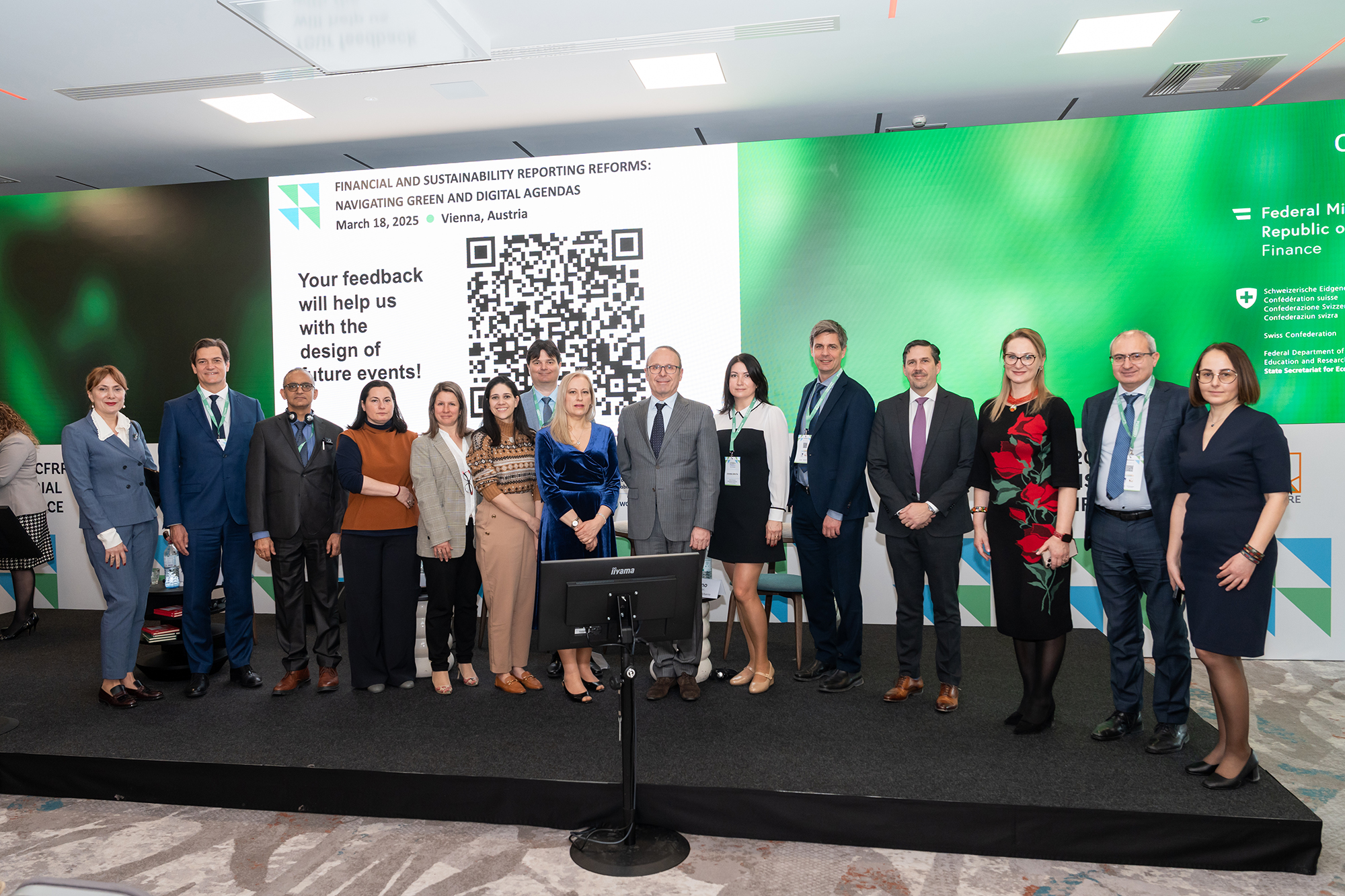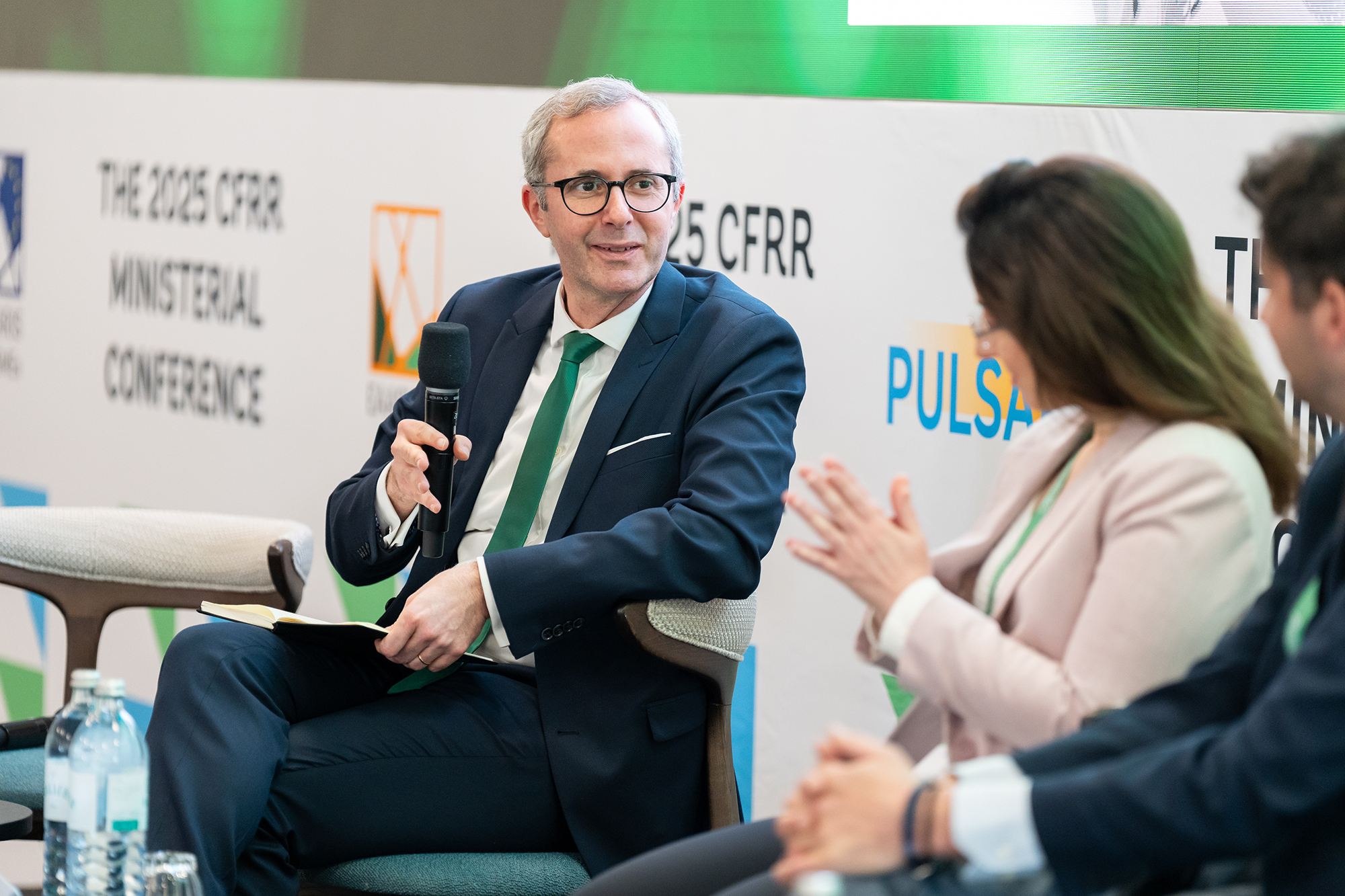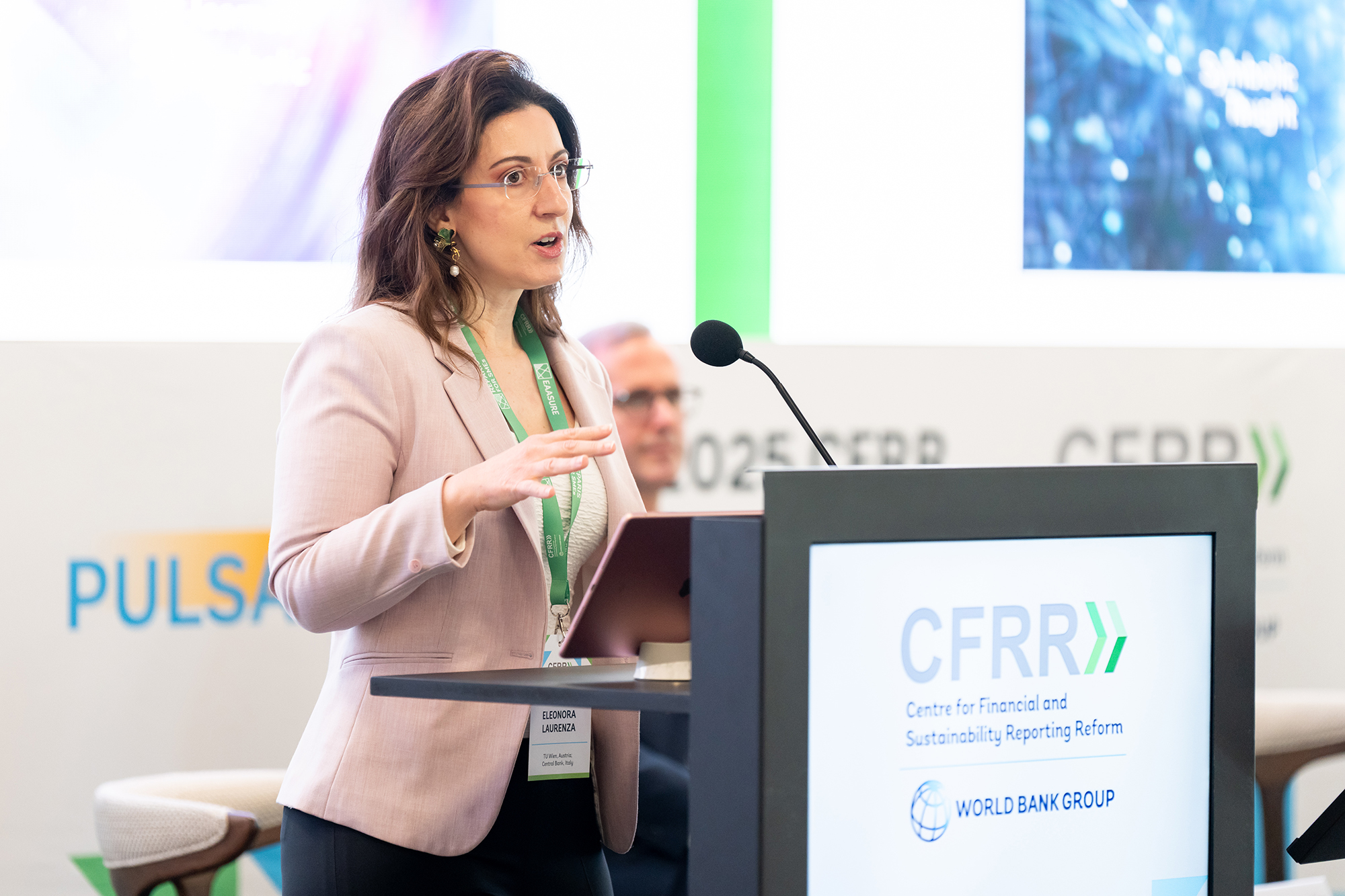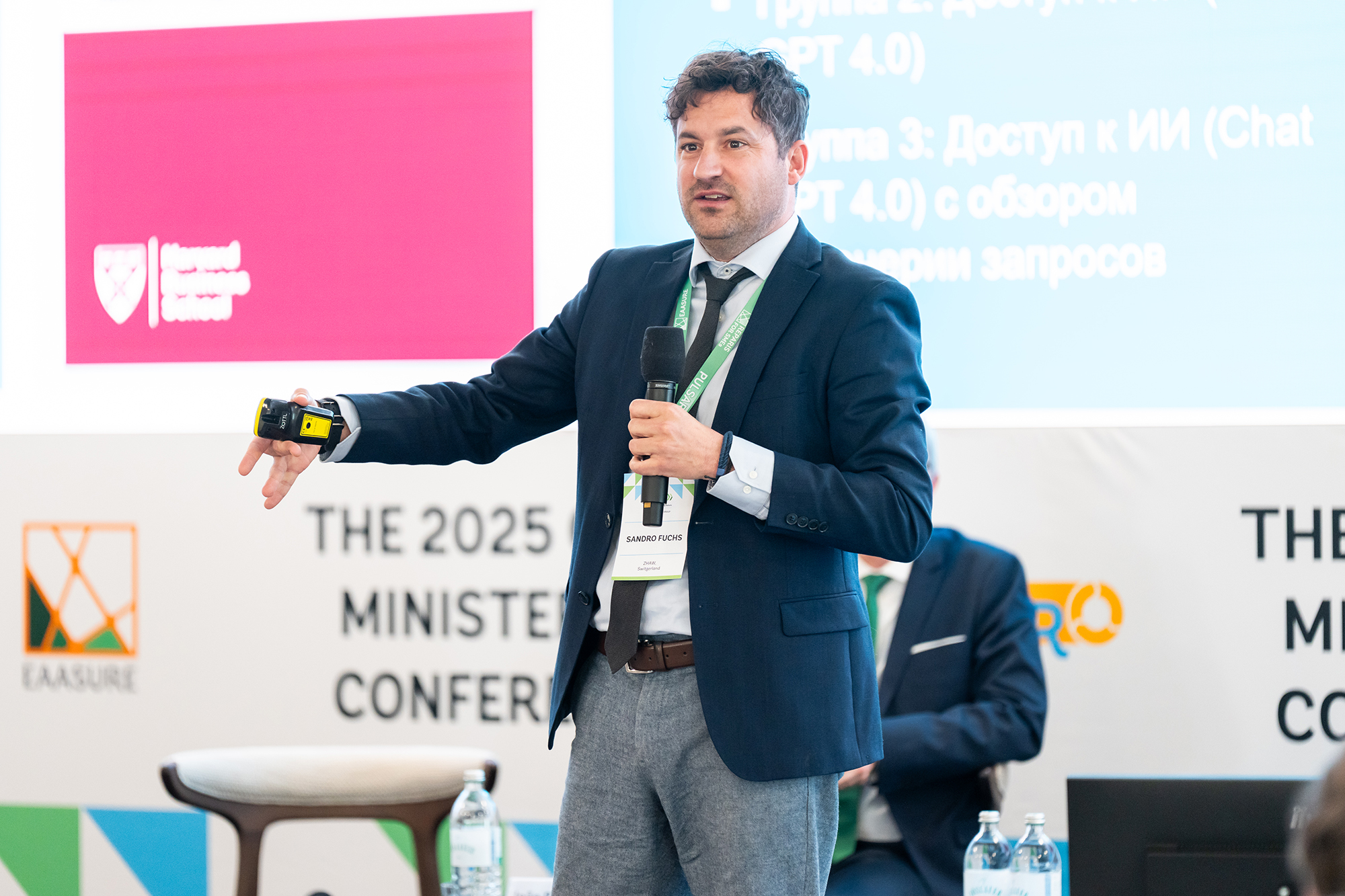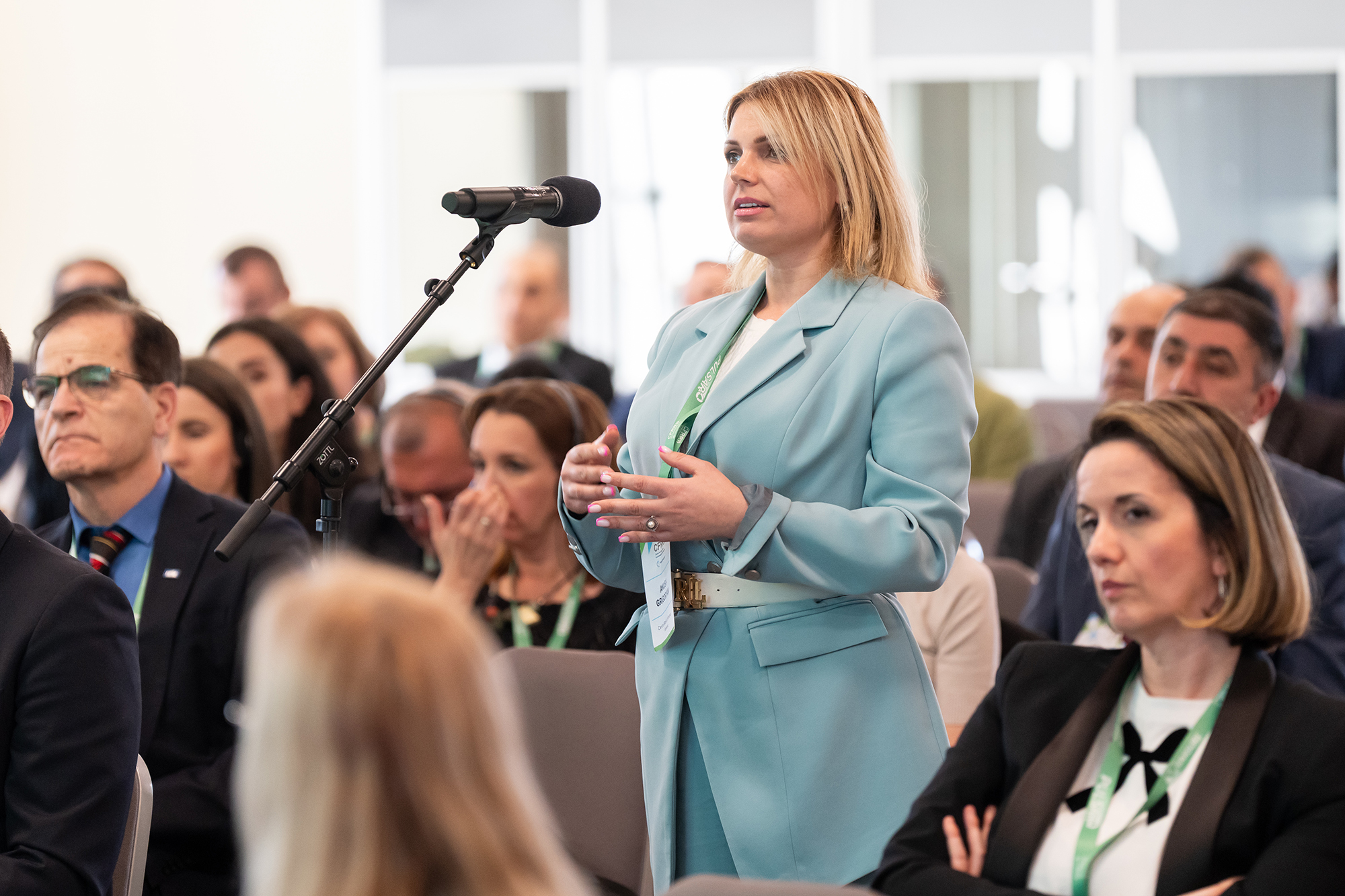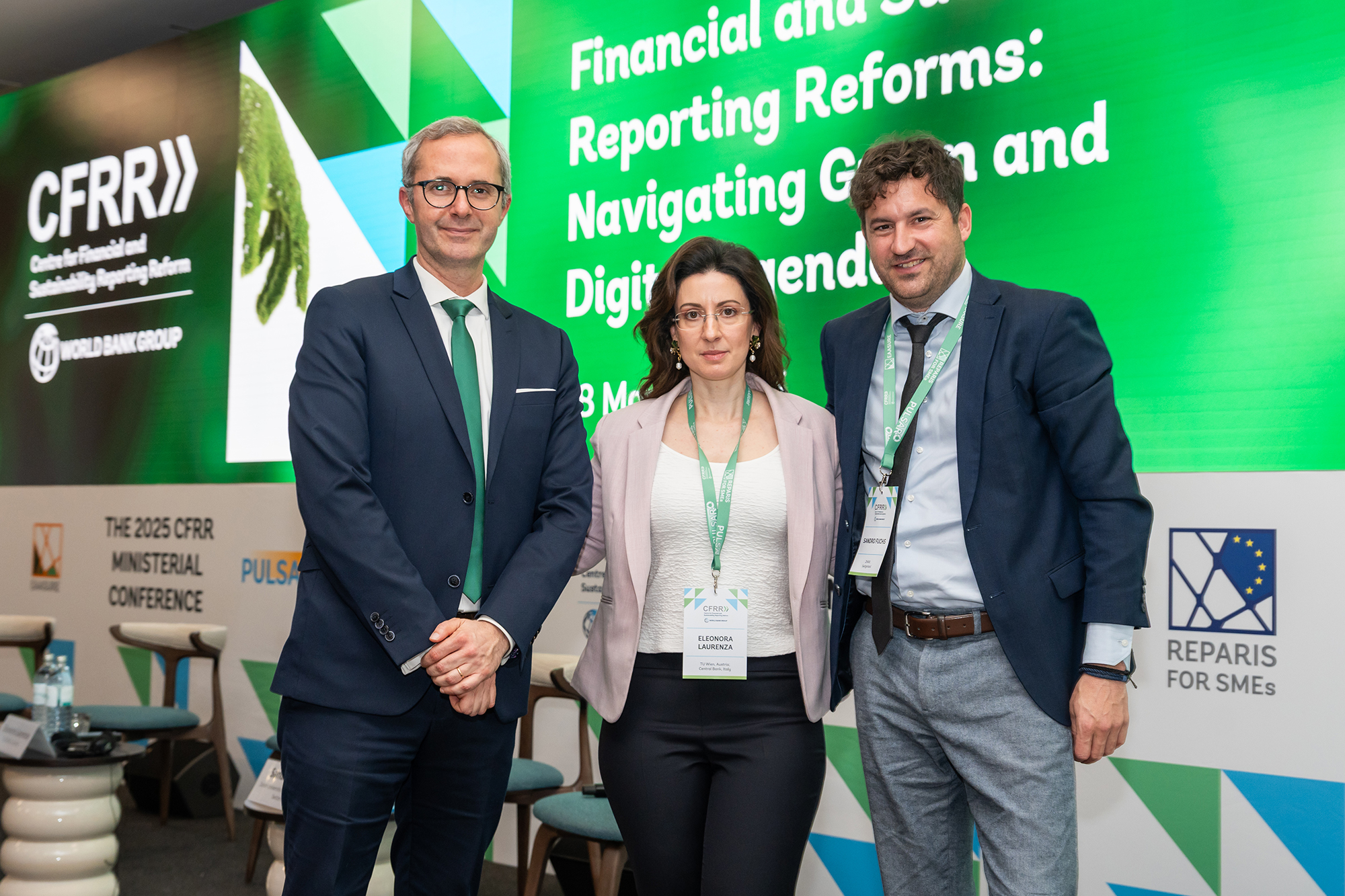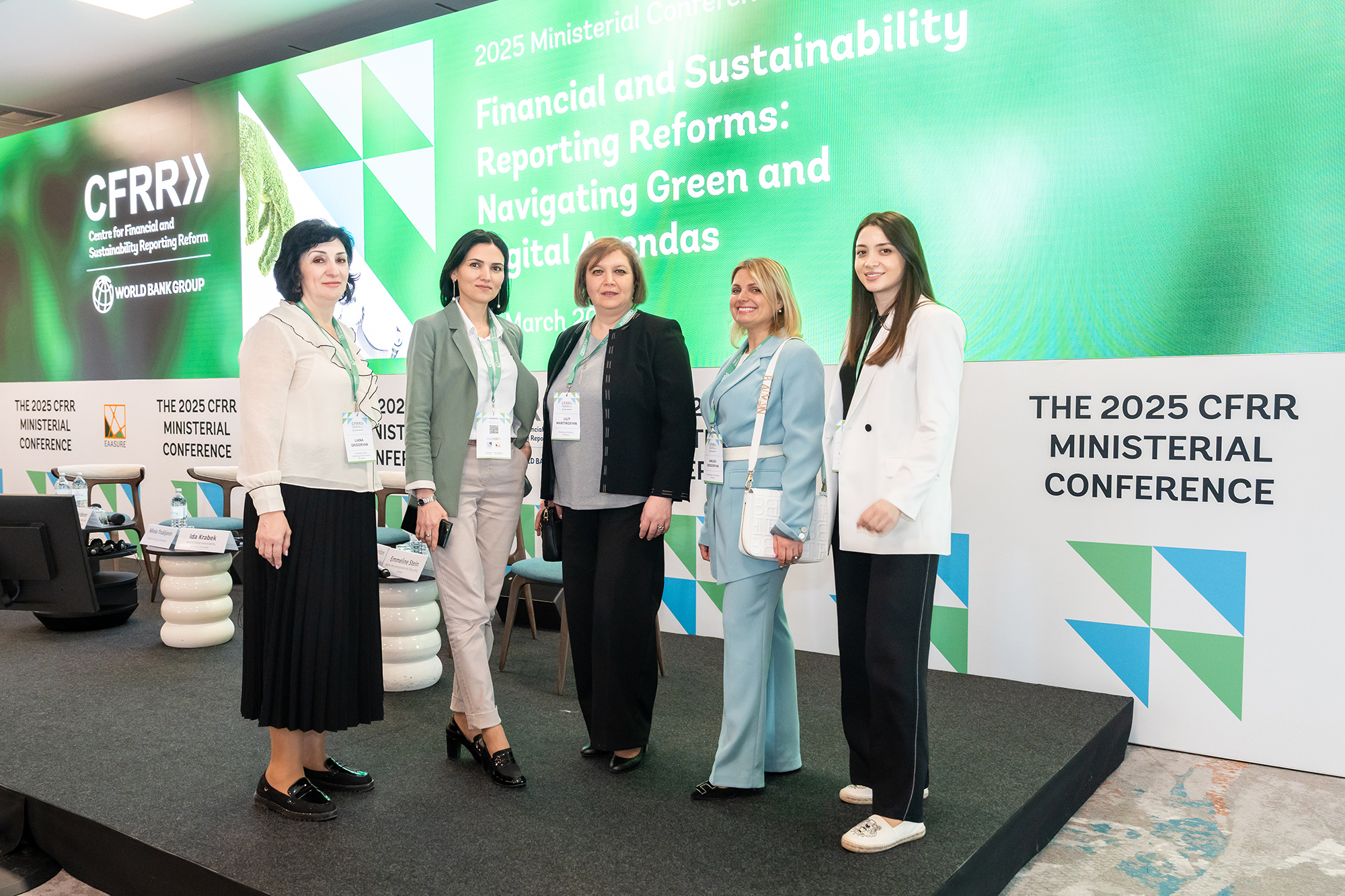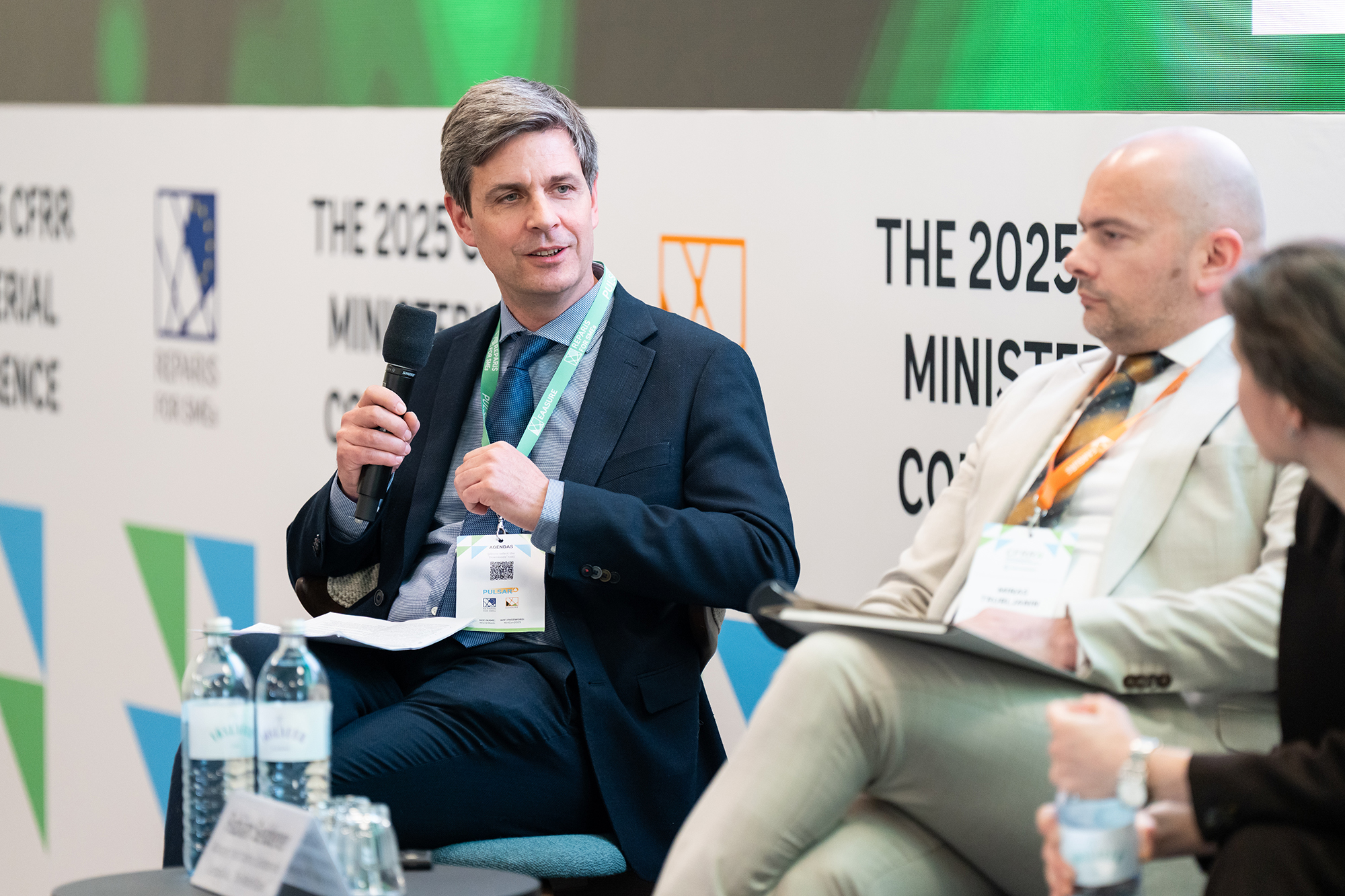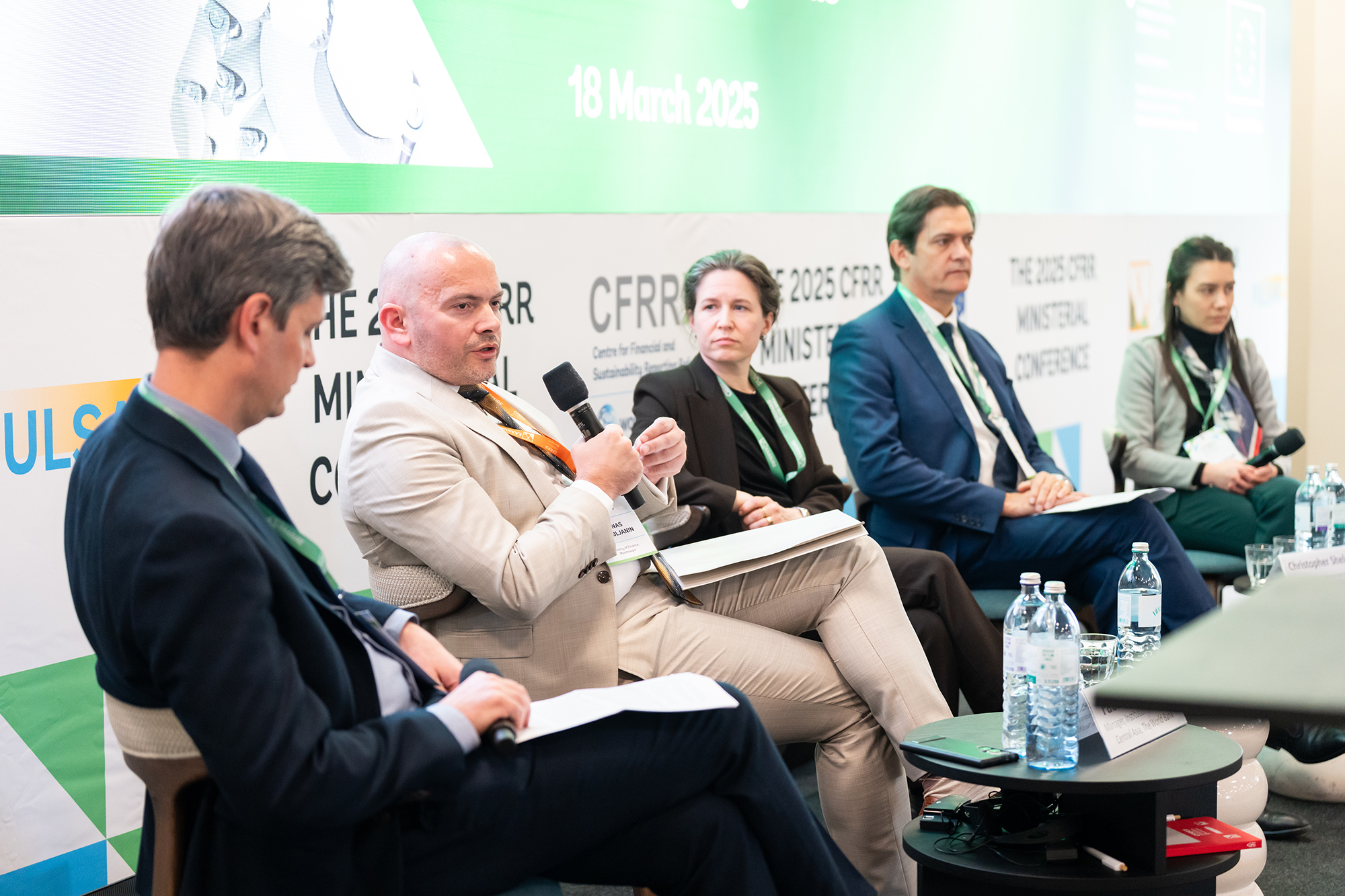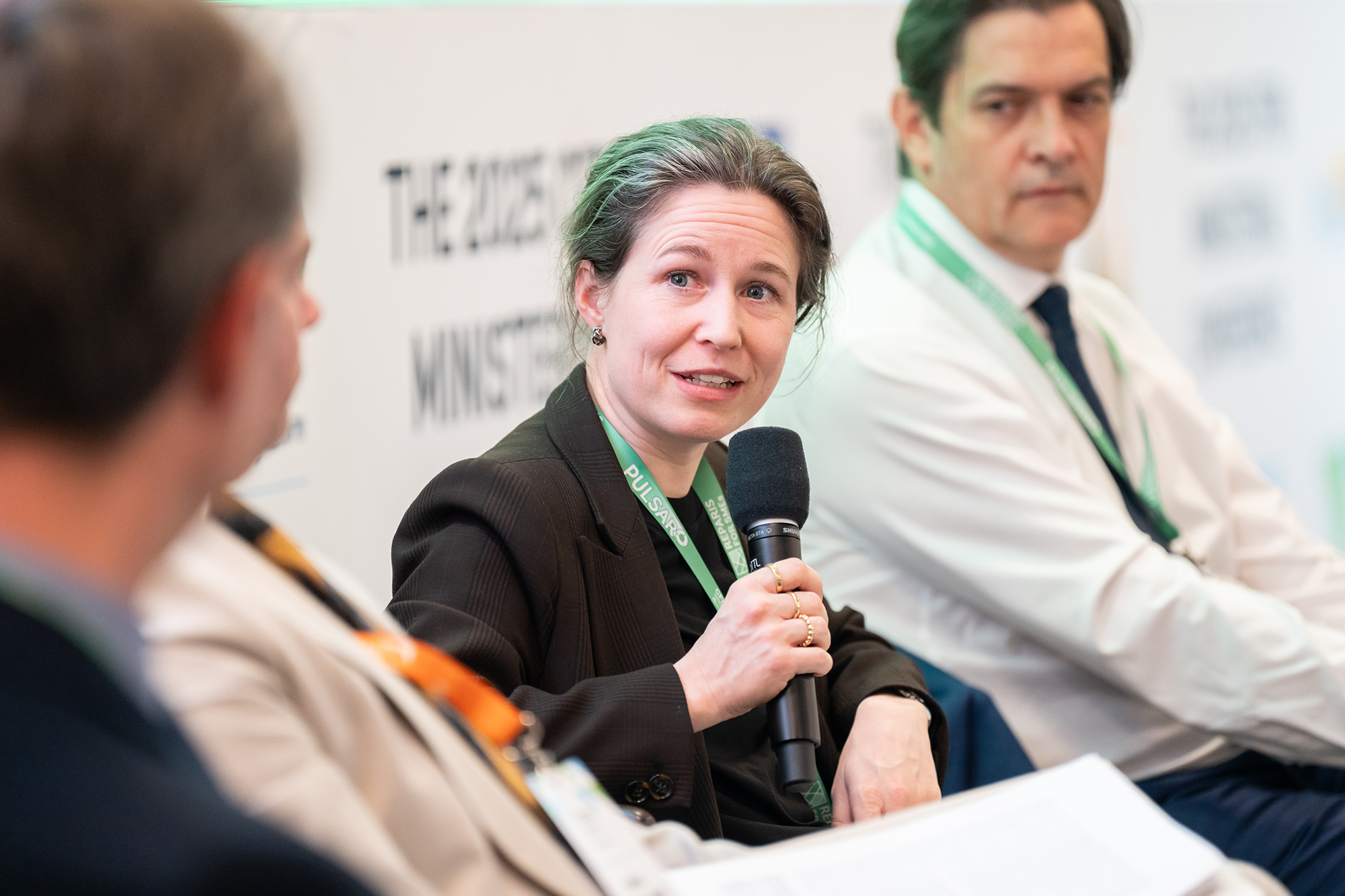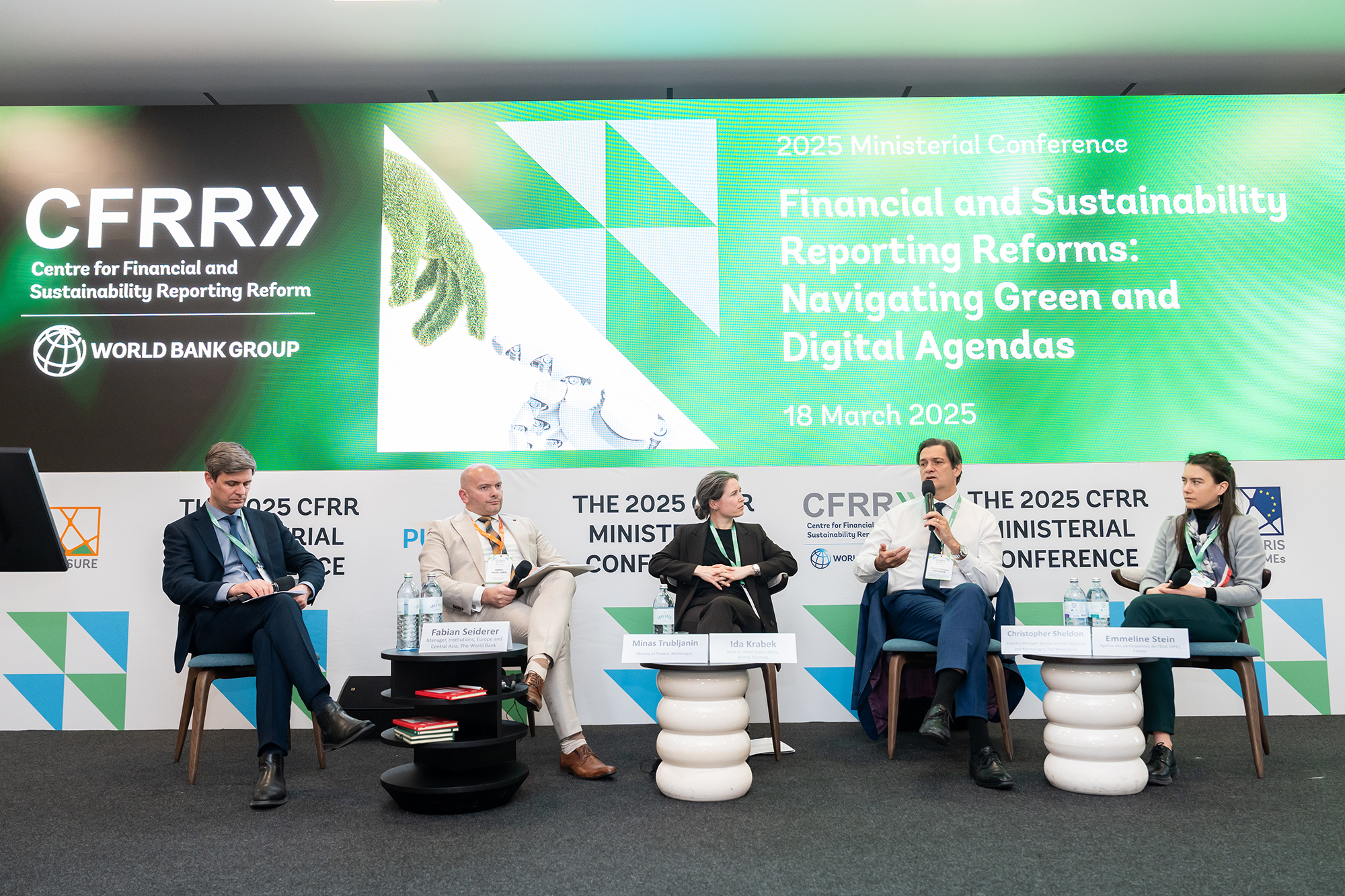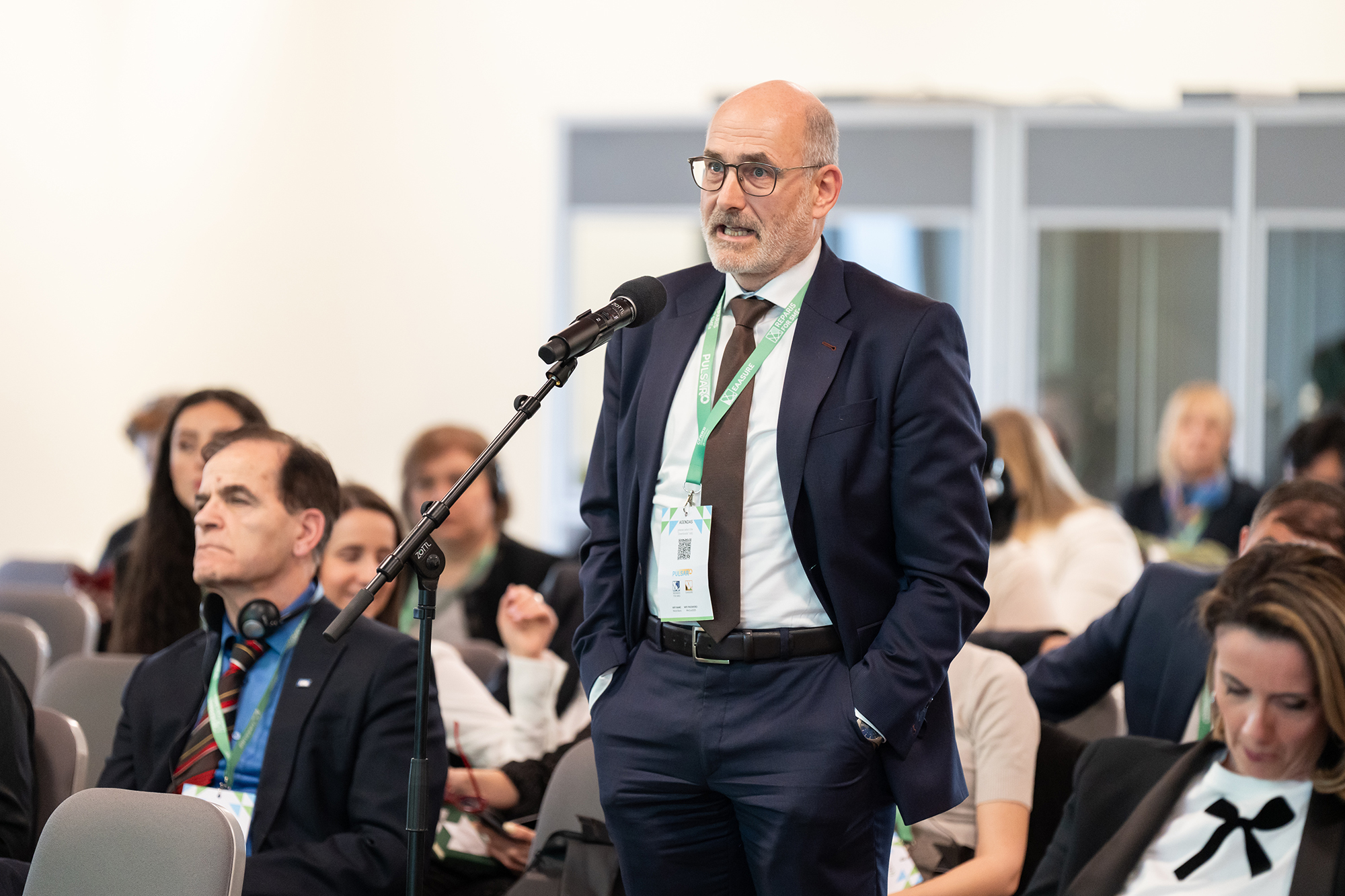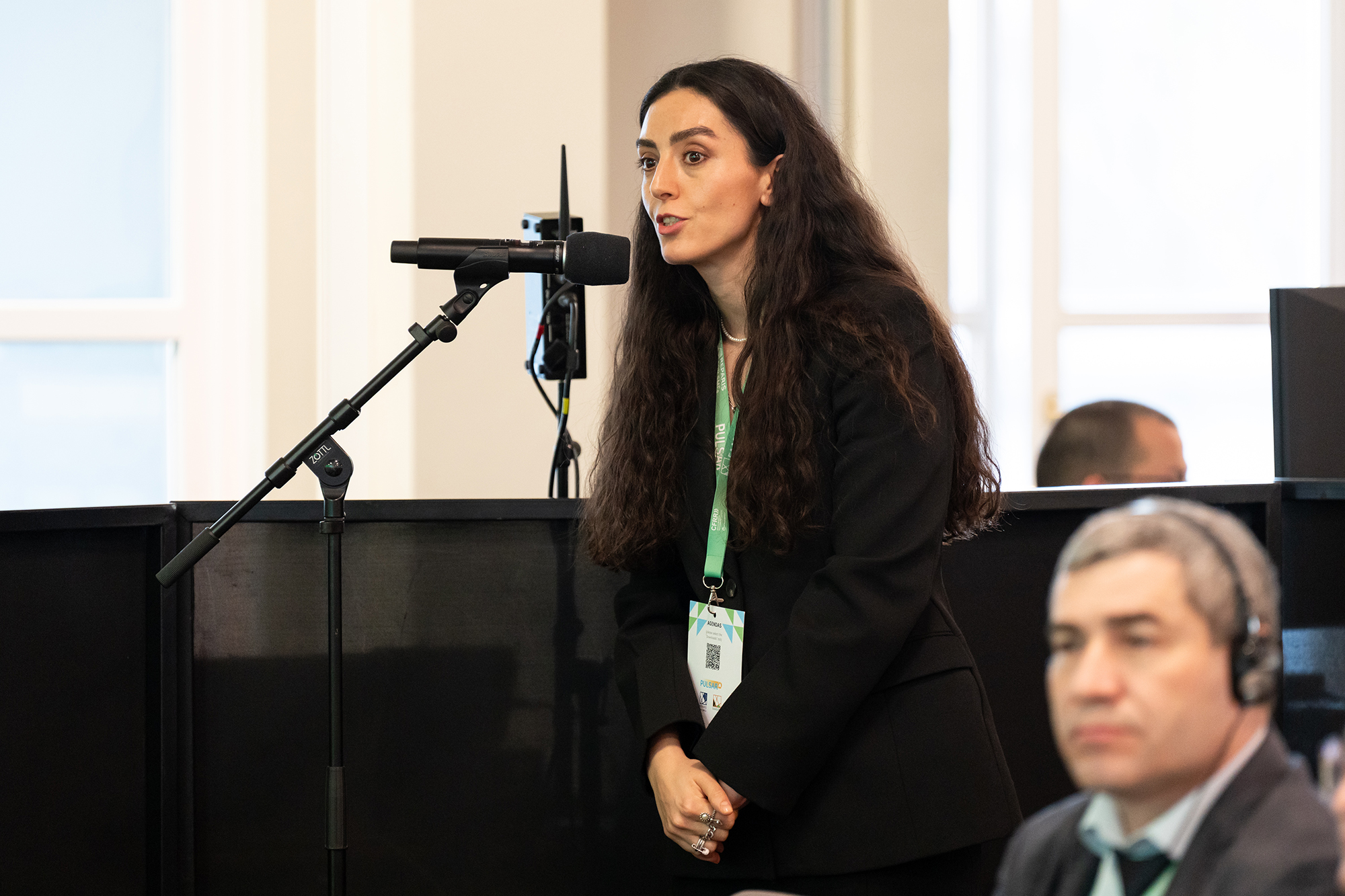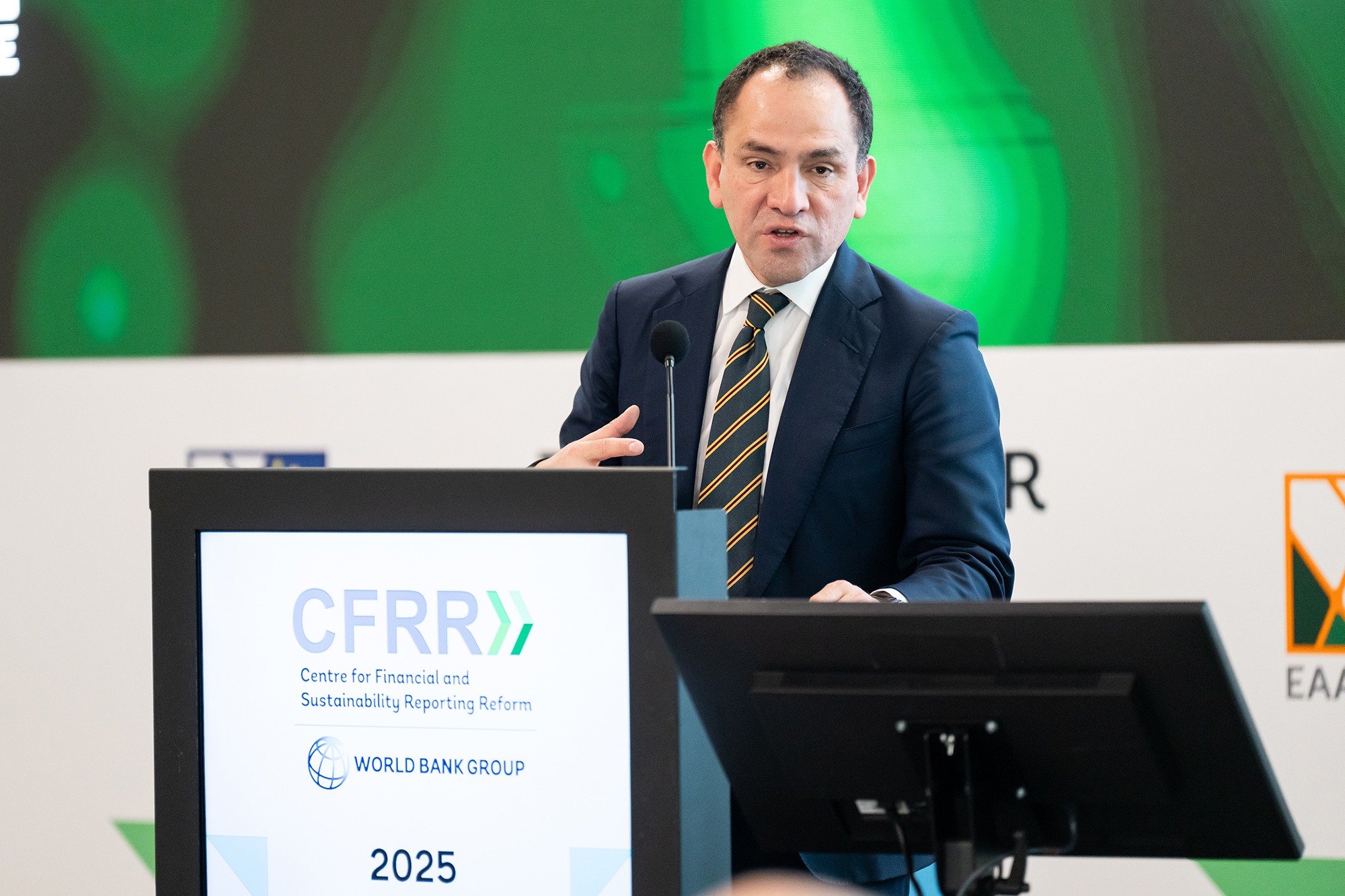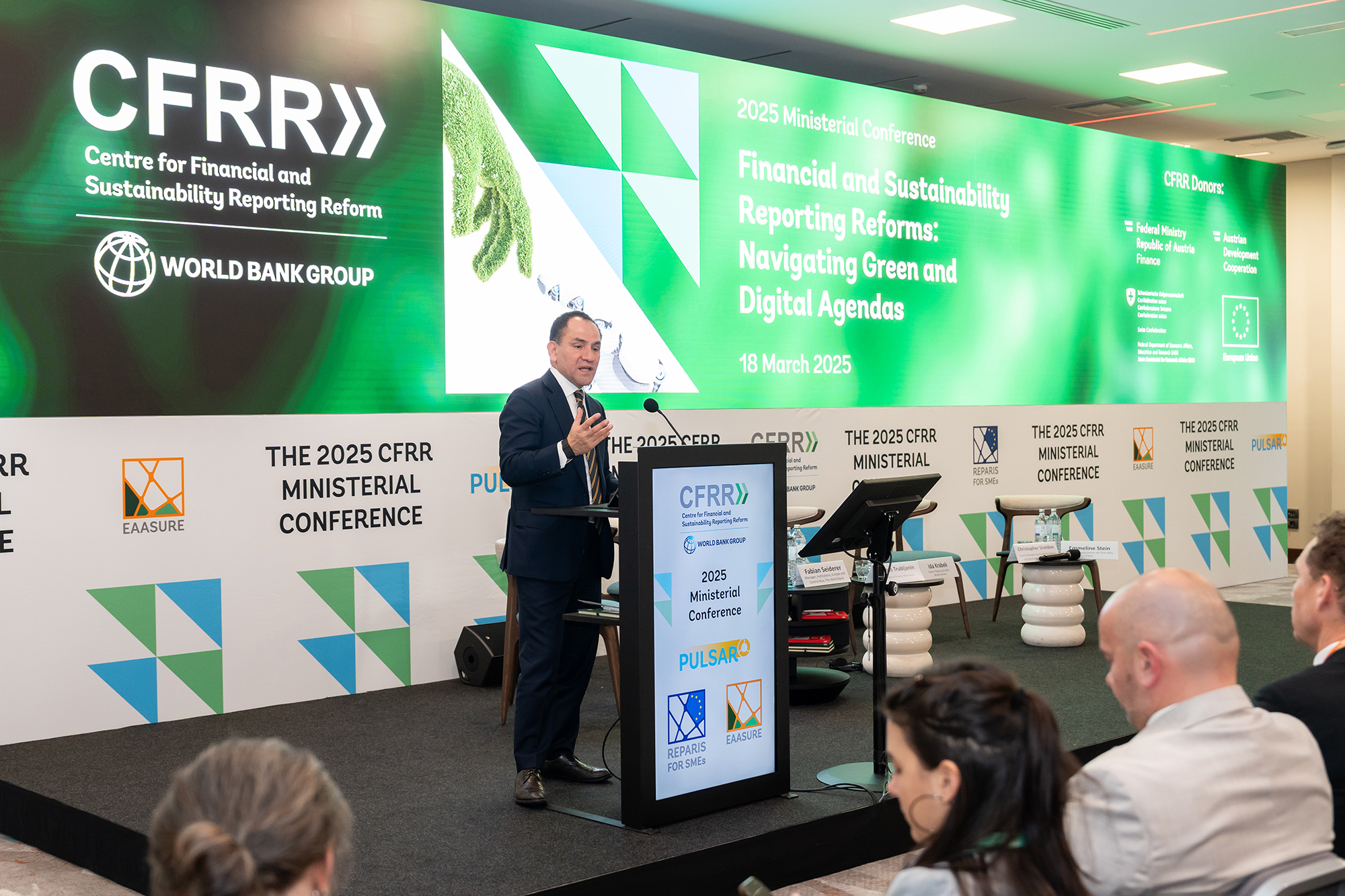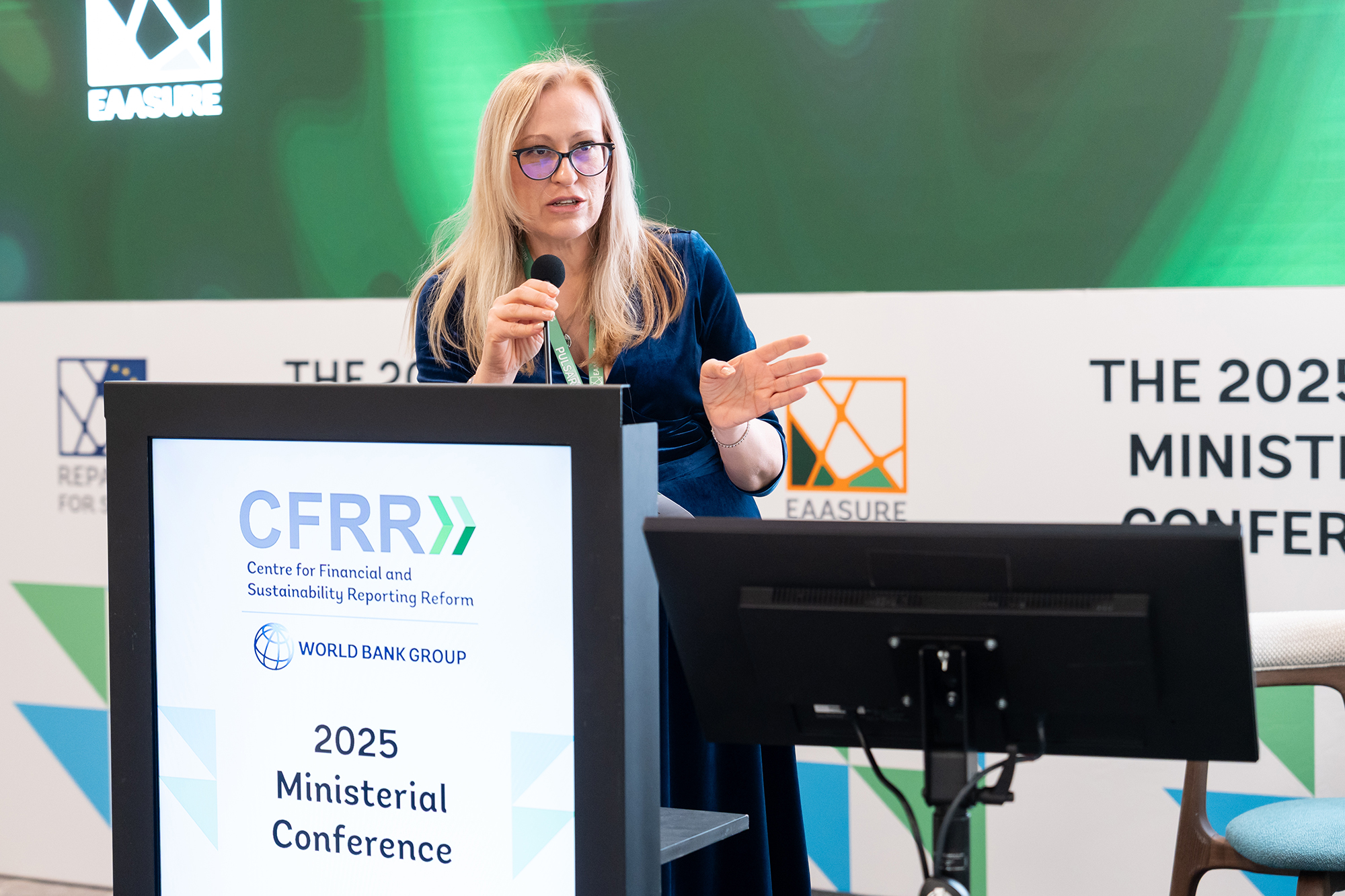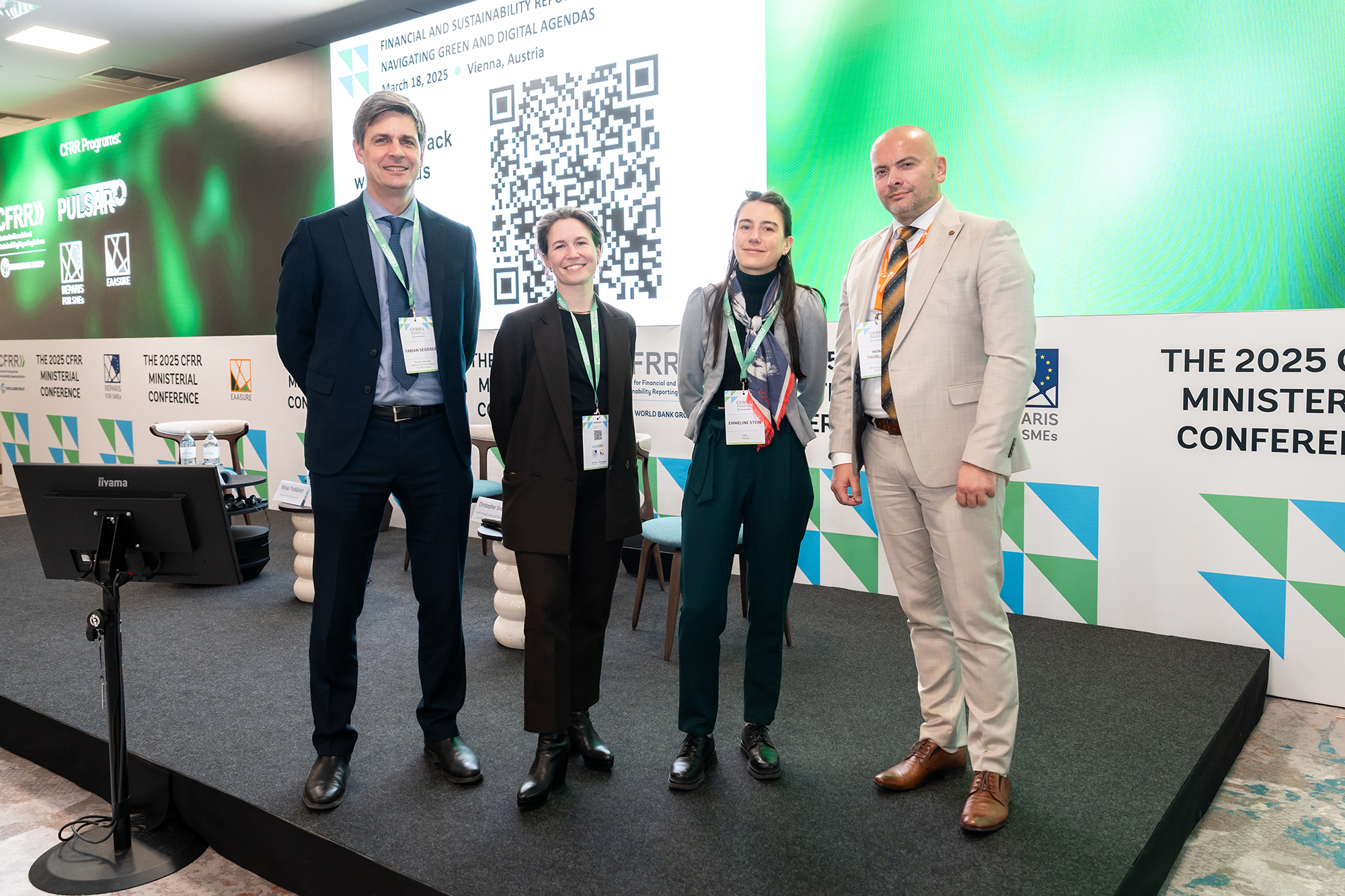The World Bank Center for Financial and Sustainability Reporting Reform (CFRR) held its 9th Ministerial Conference Financial and Sustainability Reporting Reforms: Navigating Green and Digital Agendas on March 18, 2025, in Vienna, Austria, organized under its three flagship regional programs: EAASURE, PULSAR, and REPARIS for SMEs with support from donors, including the Austrian Government, the Austrian Ministry of Finance, the Austrian Development Cooperation, the Swiss State Secretariat for Economic Affairs, and the European Union (EU).
The conference focused on raising awareness and mobilizing political support for financial and sustainability reporting reforms aligned with international and regional standards in the Europe and Central Asia (ECA) region. It attracted over 250 participants, including ministers of finance, deputy ministers, senior officials, members of public audit oversight bodies, representatives of professional accountancy organizations, standard setters, academia, state-owned enterprises, and auditors from CFRR partner countries, as well as representatives of relevant international organizations and the EU. The aim was to encourage enhanced decision-making, accountability, transparency, and achievement of development goals. The conference highlighted climate-related trends impacting accountants and auditors and recent advances in digitalization, which can help achieve reliable and transparent financial and non-financial information in the public and private sectors.
Welcoming remarks emphasized the World Bank Group's role as a valuable partner in addressing the importance of financial and sustainability reporting standards in linking financial reporting to a broader economic development agenda. The significance of sound financial reporting standards in addressing asymmetric information and agency problems was highlighted. Emphasis was placed on the ongoing push for simplification in sustainability reporting, noting that simplification does not equate to deregulation. Transparency and accountability in financial information were reinforced as the foundation of trust in economies and institutions, with a commitment expressed to supporting financial reporting reforms, particularly in addressing climate change and the challenges and opportunities presented by digitalization.
The keynote address on the EU Green Policy for the Corporate Sector considered recent legislative proposals impacting the accounting profession and financial services, including the Corporate Sustainability Reporting Directive, Sustainable Finance Disclosure Regulation, EU Taxonomy, and Carbon Border Adjustment Mechanism. While simplification was aimed for, concerns about potential deregulation were raised. It was emphasized that sustainability reporting is only a tool, and support from governments and other bodies is crucial for implementing behavioral change.
The ministerial panel discussed the challenges and opportunities of financial and sustainability reporting reform, sharing experiences and plans for capacity building, aligning with EU requirements, and integrating digitalization into reporting systems. Ongoing challenges such as limited staff capacity, expertise shortages, and the need for transitional periods to allow proper implementation were pointed out.
A panel discussion on sustainability reporting emphasized the EU's mandatory requirements, the impact of simplification proposals, and the importance of interoperability with global standards. The strategic value of sustainability reporting in risk management and market credibility was highlighted. Collaboration among regulators, governments, and professional bodies is crucial for effective implementation. The role of accountants in ensuring high-quality assurance to build trust and addressing implementation challenges, such as regulatory development, education, training, expertise gaps, and resource limitations, was also discussed.
The session on artificial intelligence (AI) risks and opportunities for accounting and auditing included presentations comparing deductive and inductive AI approaches, highlighting the limitations of solely relying on inductive AI and the benefits of hybrid AI systems. Realistic expectations for AI implementation in public financial management were emphasized, with a business-driven approach starting with identifying specific use cases and exploring appropriate AI tools. Examples of AI applications in budgeting, audit, and financial reporting were showcased, highlighting the potential for improved communication and transparency.
A panel discussion on sustainability reporting and climate action of state-owned enterprises (SOEs) operating between public and corporate sectors explored their role as sustainability leaders. Comprehensive reform packages are essential to address challenges, such as transitioning to renewable energy and integrating sustainability into financial strategies. Collaboration between governments, SOEs, and international organizations is key. Strong leadership is vital for driving climate efforts and achieving significant environmental and social impacts.
The closing remarks highlighted the value of learning from each other in designing effective policy and the importance of financial and sustainability reporting for green finance access. Governments were called on to support sustainability reporting, noting AI's potential benefits for small and medium enterprises and the significant potential of SOE leadership in climate efforts. Cooperation among governments, professional bodies, and universities was urged to enhance sustainability reporting tools and capacities.
The World Bank Centre for Financial and Sustainability Reporting Reform supports countries in reporting reforms by advising on the design and implementation of national standards and promoting informed debate among key stakeholders. It collaborates with regulators, professional bodies, and educational institutions to build capacity for successful implementation.
